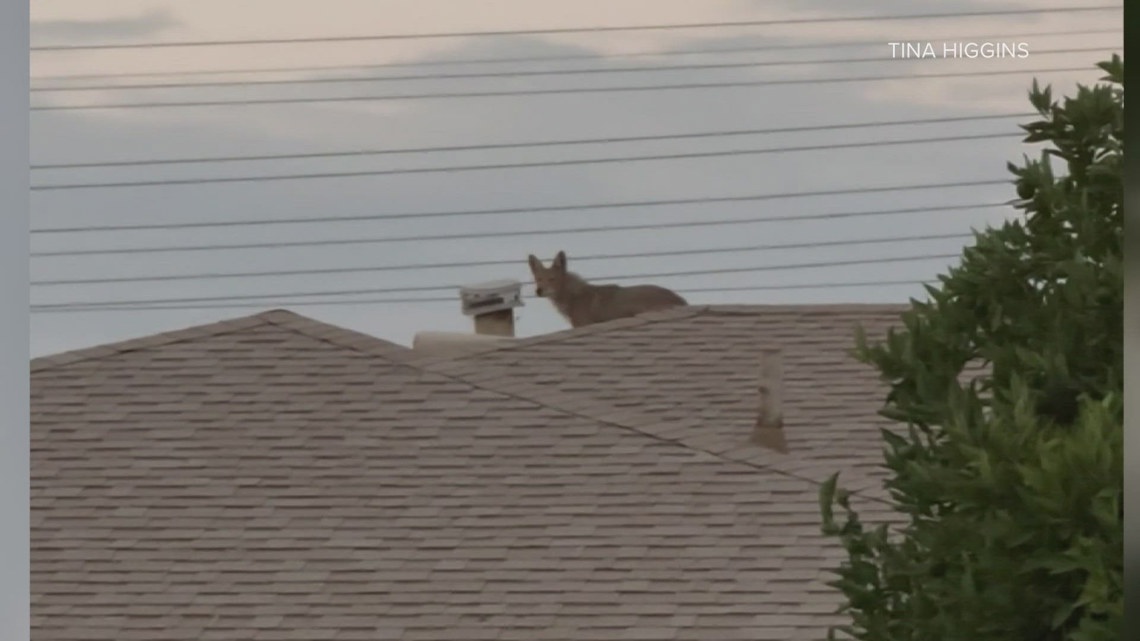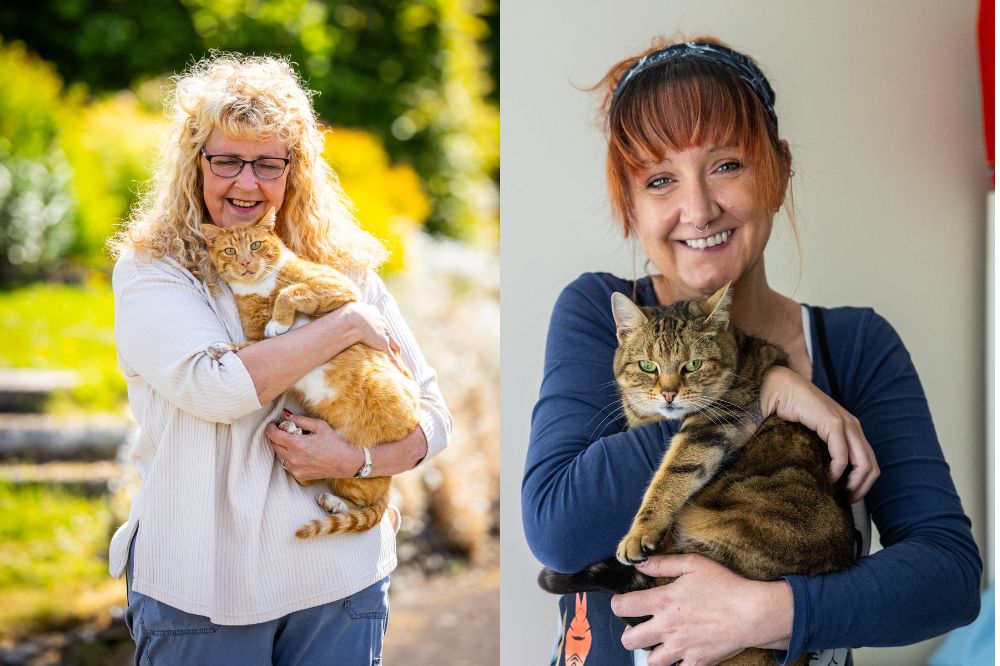Shutterstock
Keeping exotic pets may seem like an exciting and unique experience, but the reality is far more complicated and dangerous than it appears. Many of these animals have wild instincts, specialized care requirements, and unpredictable behavior that make them unsuitable for domestic life. From large predators like tigers and bears to smaller, seemingly harmless creatures like sugar gliders and otters, exotic pets often pose significant risks to their owners and themselves. Here are exotic animals that no one should keep as pets, for both safety and ethical reasons.
Chimpanzees
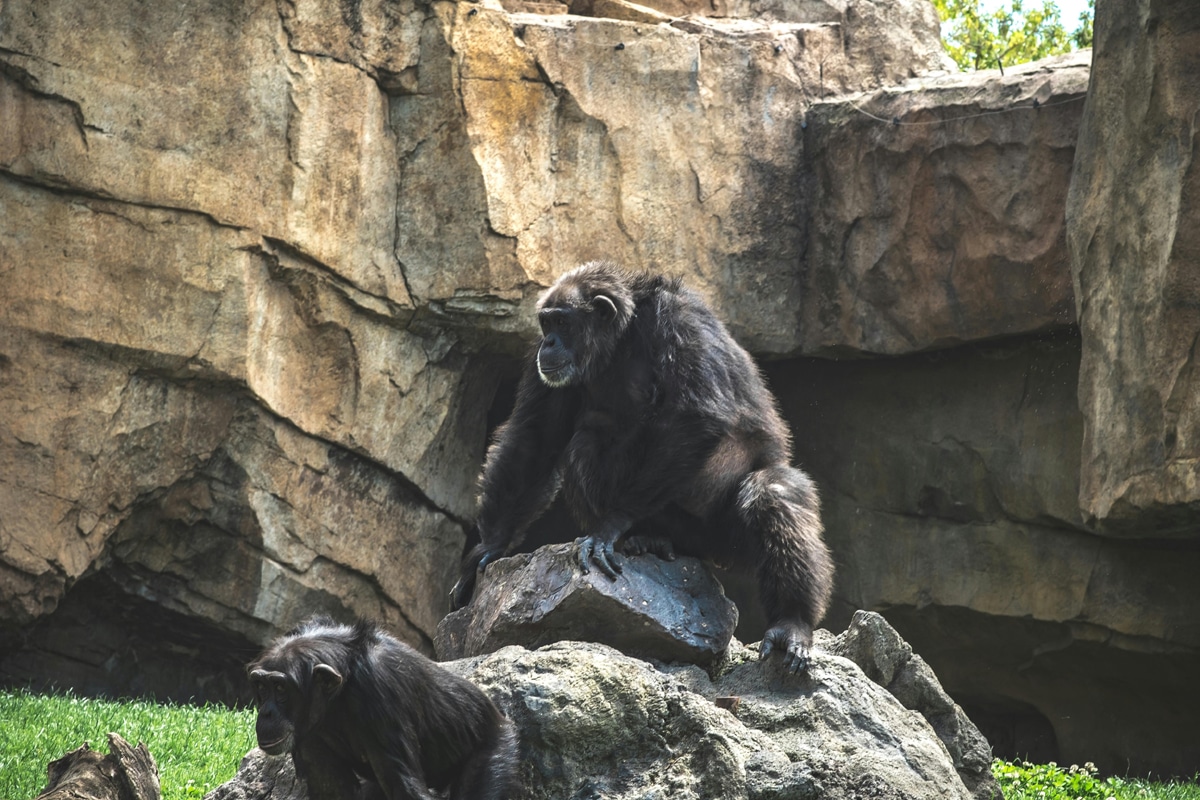 Shutterstock
Shutterstock
Chimpanzees may share a close genetic relationship with humans, but their wild instincts, immense strength, and unpredictable behavior make them highly dangerous as pets. Even well-raised chimps can become aggressive, particularly as they age, leading to potentially life-threatening situations. They possess the strength to overpower a human and can inflict serious harm during moments of agitation or frustration. Their natural social structure and need for complex environments also make it nearly impossible to meet their needs in a domestic setting.
Tigers
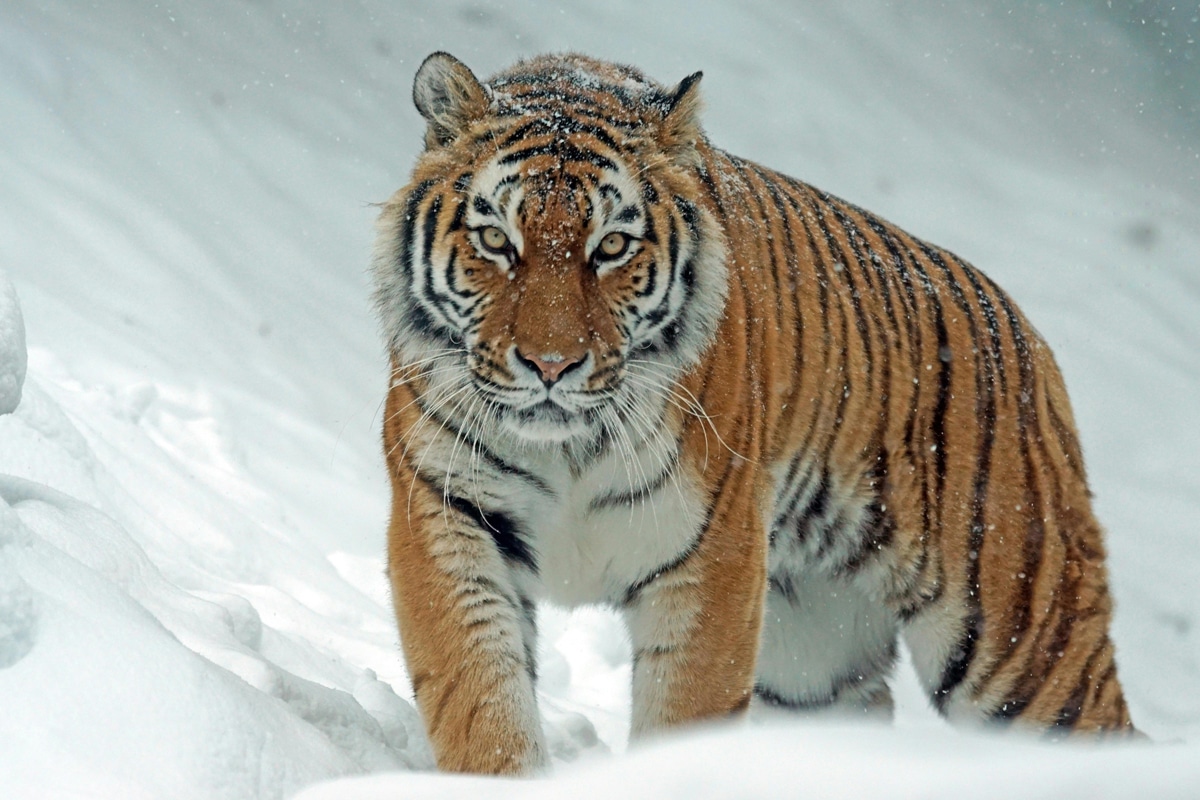 Shutterstock
Shutterstock
Tigers are majestic yet powerful apex predators that are entirely unsuitable for life in a domestic environment. Weighing several hundred pounds and equipped with lethal strength, sharp claws, and powerful jaws, they pose a constant threat, even to experienced handlers. Their natural instinct to hunt and mark territory cannot be suppressed, making them extremely dangerous. Tigers also require vast territories and specialized diets, needs that are impossible to meet in captivity, leading to stress and potential aggression.
Alligators
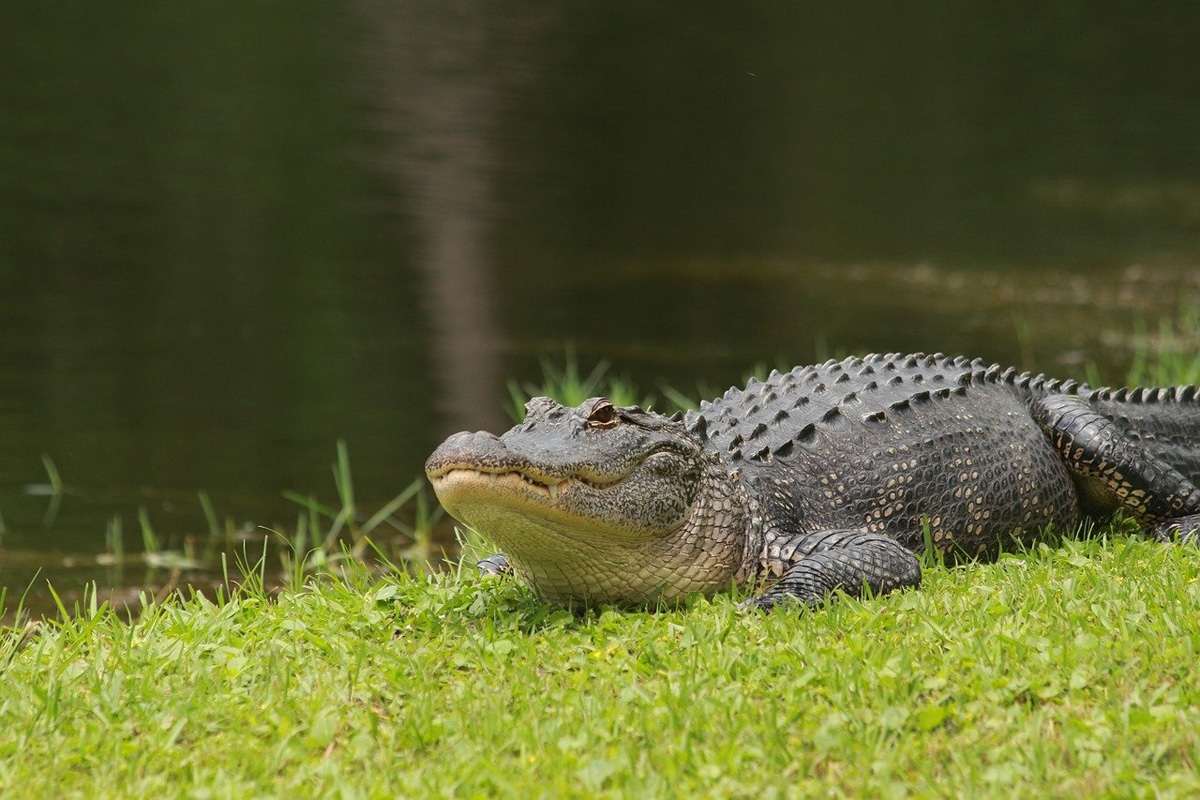 Shutterstock
Shutterstock
Alligators are formidable reptiles with immense size and a powerful bite, making them highly dangerous in any setting, especially in captivity. Their strong jaws can crush bones, and their natural hunting instincts make them unpredictable and aggressive, particularly if they feel threatened. Alligators require vast aquatic spaces and specific environmental conditions to thrive, which are nearly impossible to replicate in a home setting. Keeping an alligator as a pet not only poses serious risks to the owner but also results in poor welfare for the animal.
Pythons
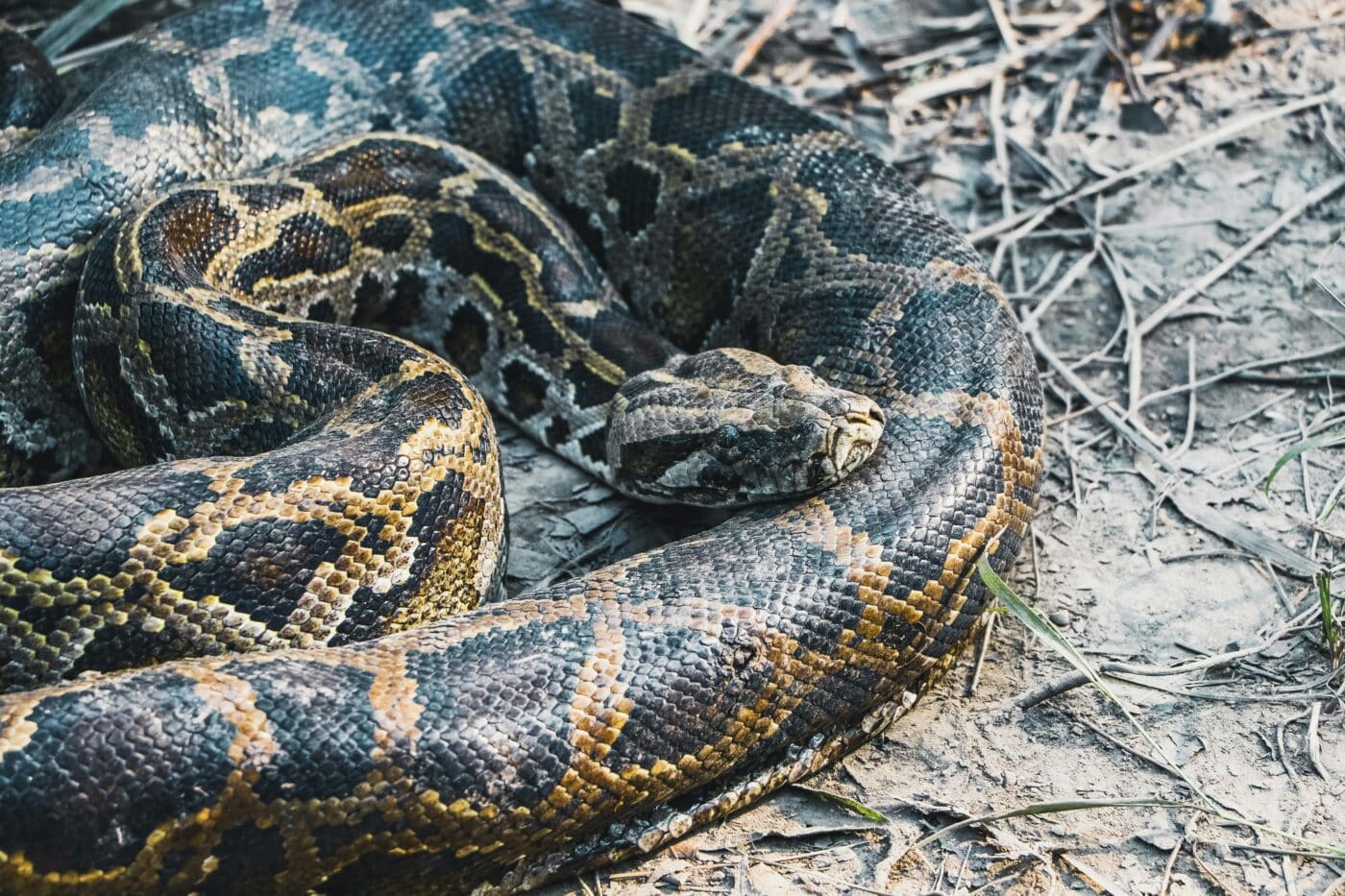 Shutterstock
Shutterstock
Pythons are enormous constrictor snakes that can grow to lengths of over 20 feet, posing a significant risk to both humans and other pets. Their method of killing involves coiling around their prey and suffocating them, which can easily result in severe injury or death if mishandled. While pythons may not be aggressive by nature, their size and strength make them dangerous, especially when they feel threatened or hungry. Additionally, keeping a python requires specialized care, including proper enclosures and diet, which many owners are unprepared to provide adequately.
Crocodiles
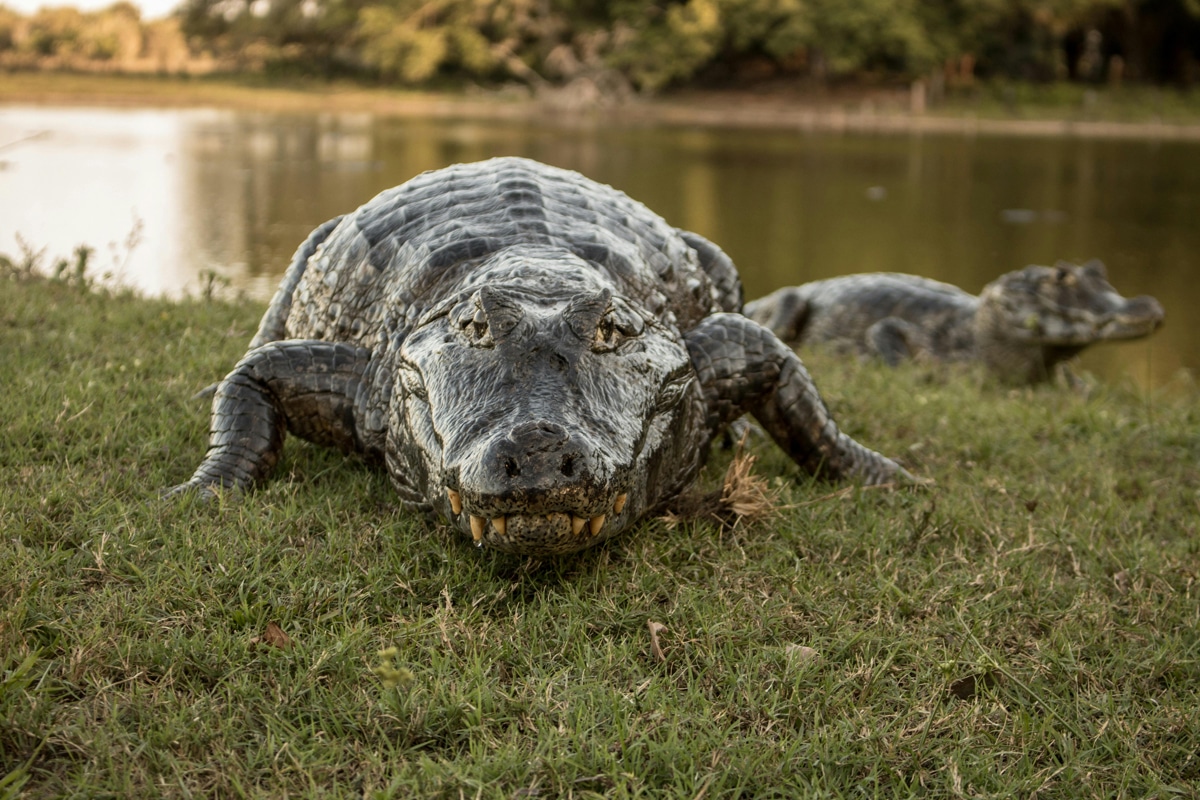 Shutterstock
Shutterstock
Crocodiles are highly aggressive reptiles that pose a significant danger due to their unpredictable behavior and powerful bite. These formidable animals require specialized habitats, including large bodies of water and regulated temperatures, which are difficult to replicate in captivity. Their natural instincts make them territorial and prone to sudden aggression, especially if they feel cornered or stressed. Attempting to keep a crocodile as a pet not only endangers the owner but also fails to meet the animal’s complex environmental and behavioral needs.
Primates
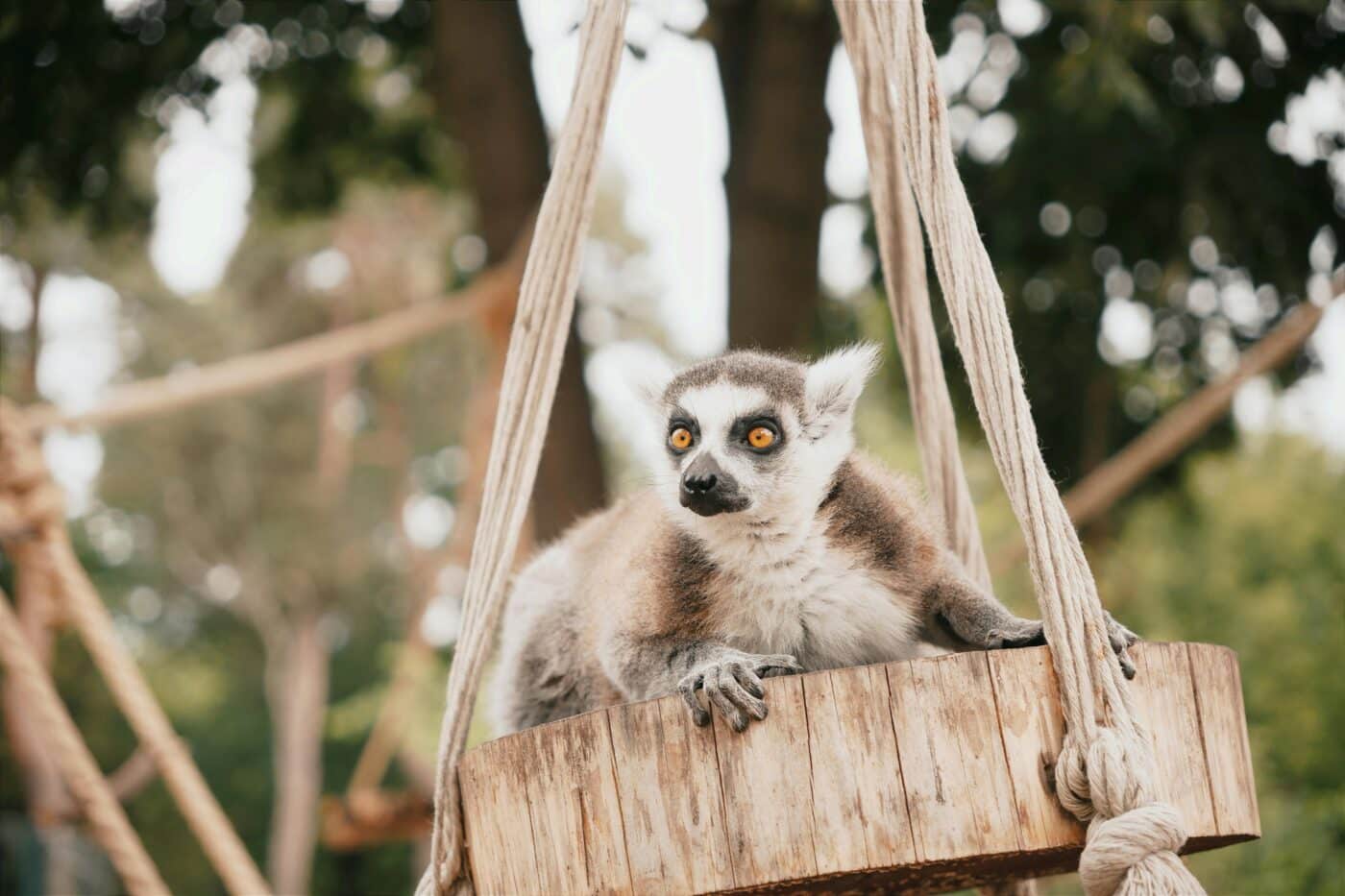 Shutterstock
Shutterstock
Primates, while highly intelligent and often endearing as young animals, become increasingly difficult and dangerous to manage as they age. Their intelligence allows them to learn complex behaviors, but it also leads to frustration when their social and environmental needs aren’t met. As primates mature, they are prone to aggressive outbursts, often biting or attacking, especially when they feel threatened or stressed. Their strong social structures and need for constant stimulation make it impossible to provide the right care in a domestic setting, leading to both safety concerns and poor animal welfare.
Venomous Snakes
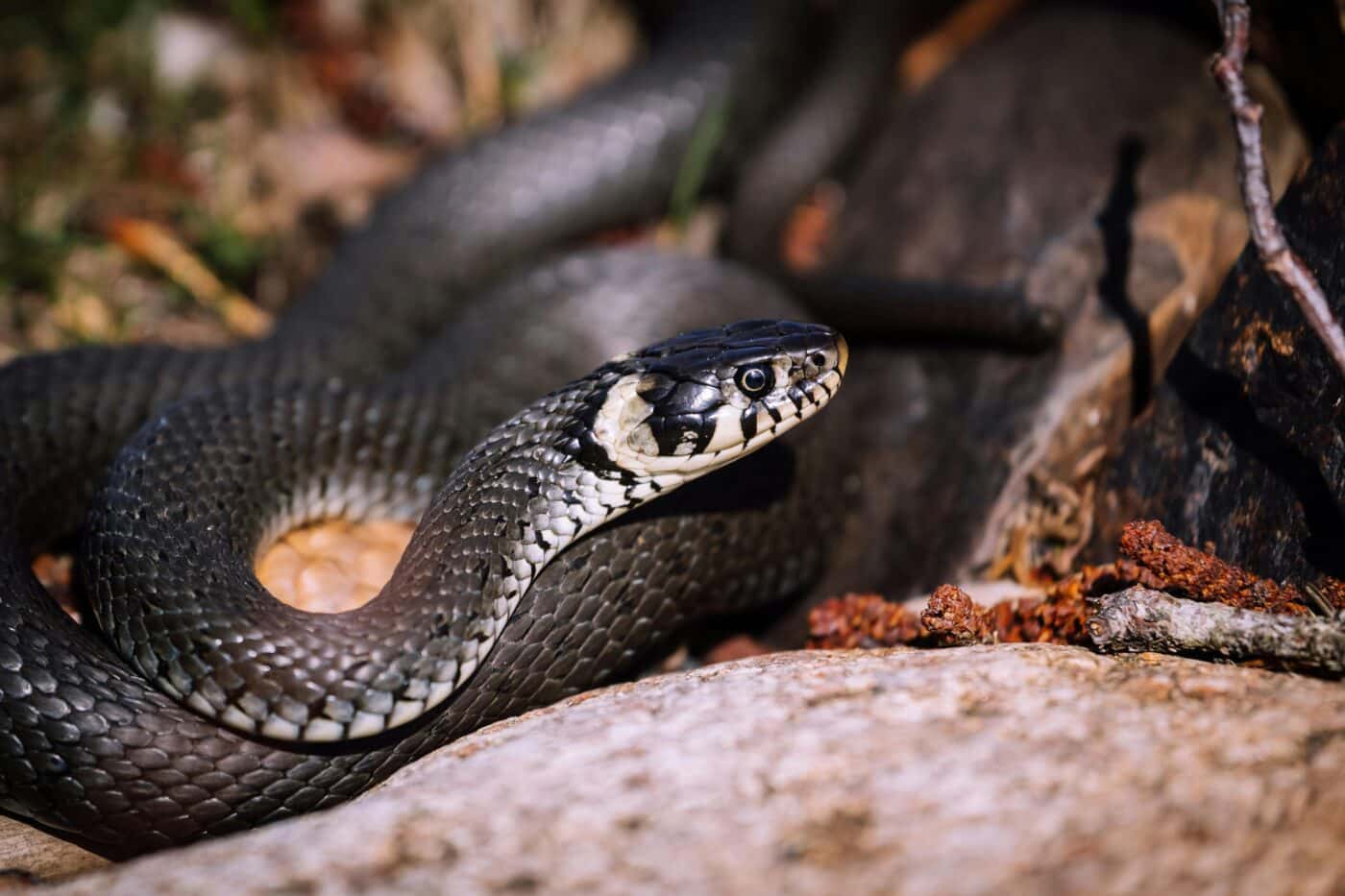 Shutterstock
Shutterstock
Venomous snakes are incredibly dangerous pets, as their bites can deliver lethal doses of venom that may cause severe injury or even death. Even experienced handlers are at risk, as a single mistake can result in a life-threatening situation. Access to anti-venom is not always immediate or available, which makes keeping these snakes particularly hazardous. Additionally, these snakes require specialized care and secure enclosures to prevent accidental bites or escapes, which many pet owners are unprepared to manage safely.
Lions
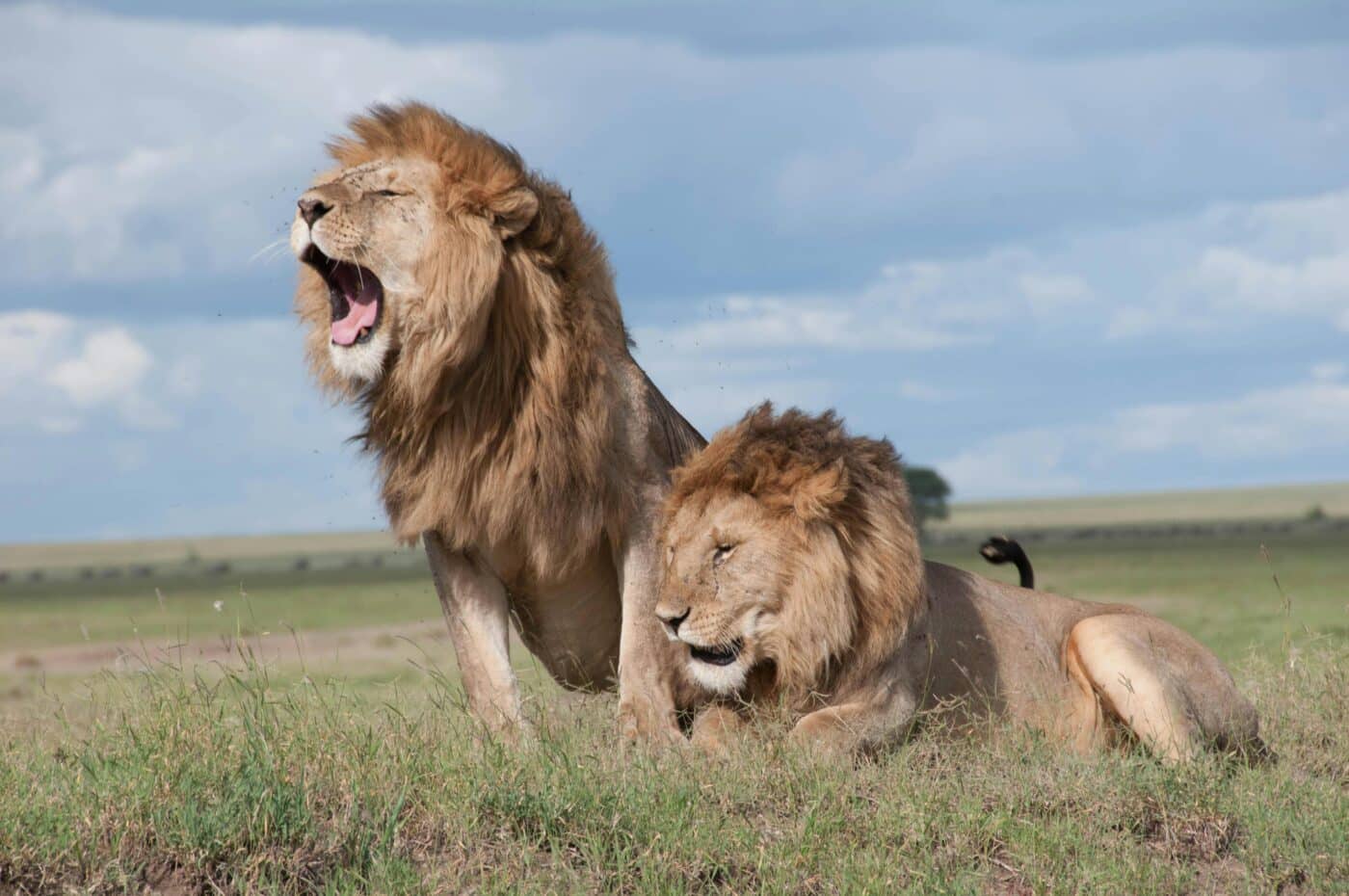 Shutterstock
Shutterstock
Komodo Dragons
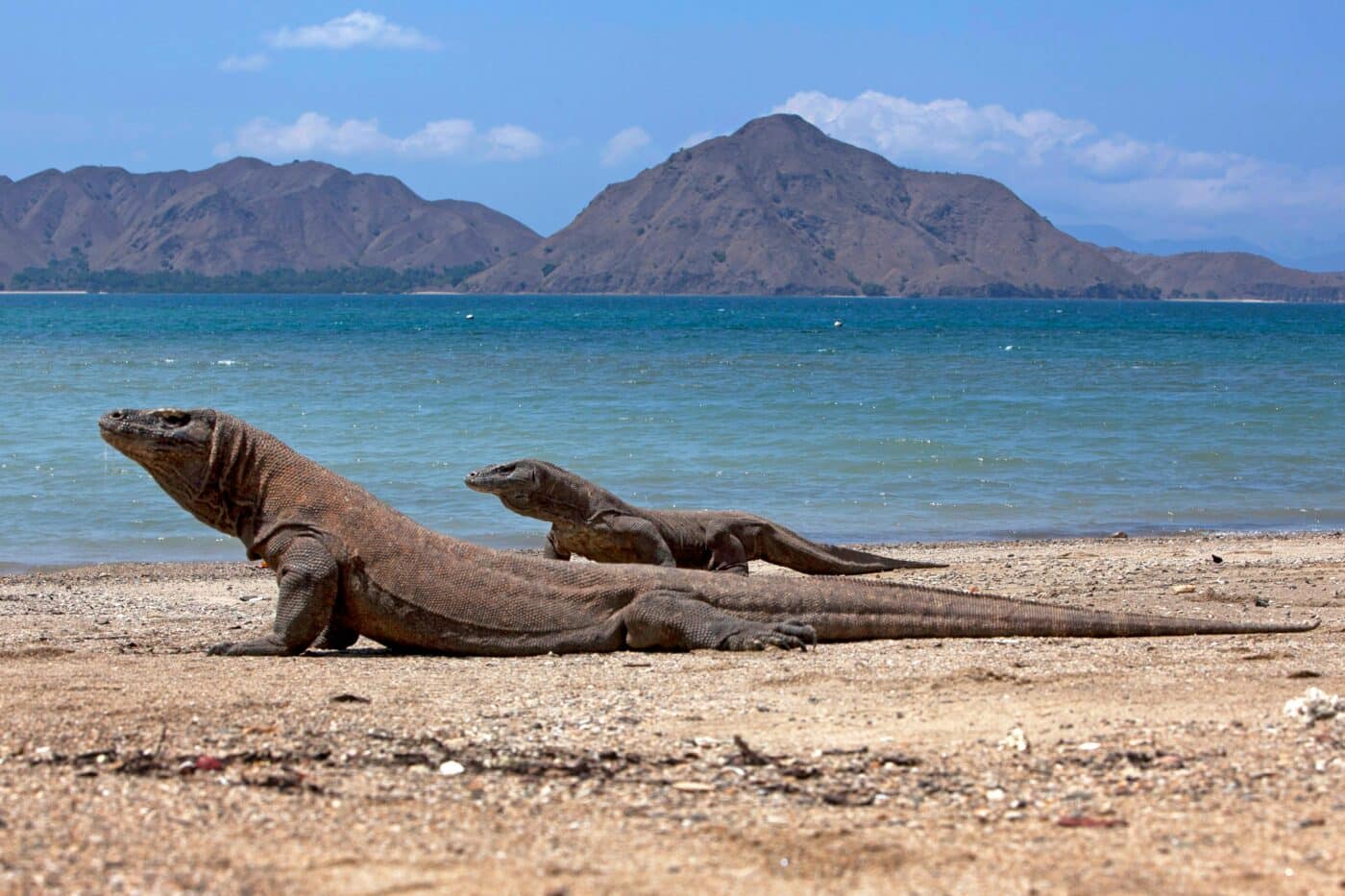 Shutterstock
Shutterstock
Komodo dragons are large, aggressive reptiles known for their dangerous, venomous bites, which can cause severe infections and immobilize prey. They are highly territorial and unpredictable, making them a serious threat to anyone attempting to keep them as a pet. In addition to their venom, their size and strength allow them to overpower humans and other animals easily. Komodo dragons also require a specific diet and environment, including large, secure spaces, which are nearly impossible to provide in a domestic setting, making them highly unsuitable as pets.
Wolves
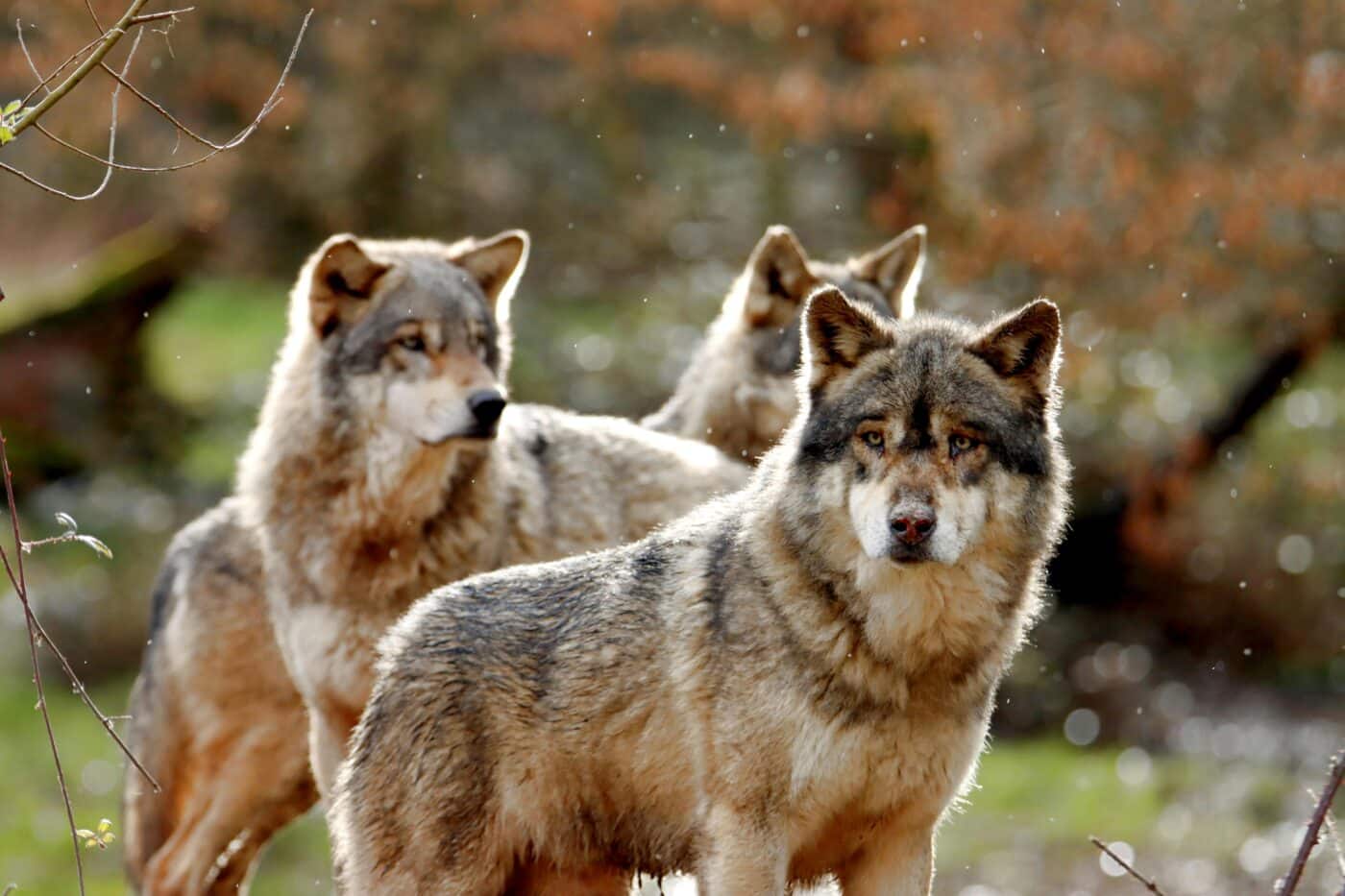 Shutterstock
Shutterstock
Wolves are wild animals with strong natural instincts that can never be fully tamed, even when raised in captivity. Their pack behavior, territorial nature, and hunting instincts make them unpredictable and potentially dangerous, especially as they mature. Wolves require vast territories and social interaction with their pack, needs that cannot be adequately met in a domestic environment. Keeping a wolf as a pet not only puts the owner at risk but also leads to poor welfare for the animal, as their wild behaviors and psychological needs remain unfulfilled.
Kinkajous
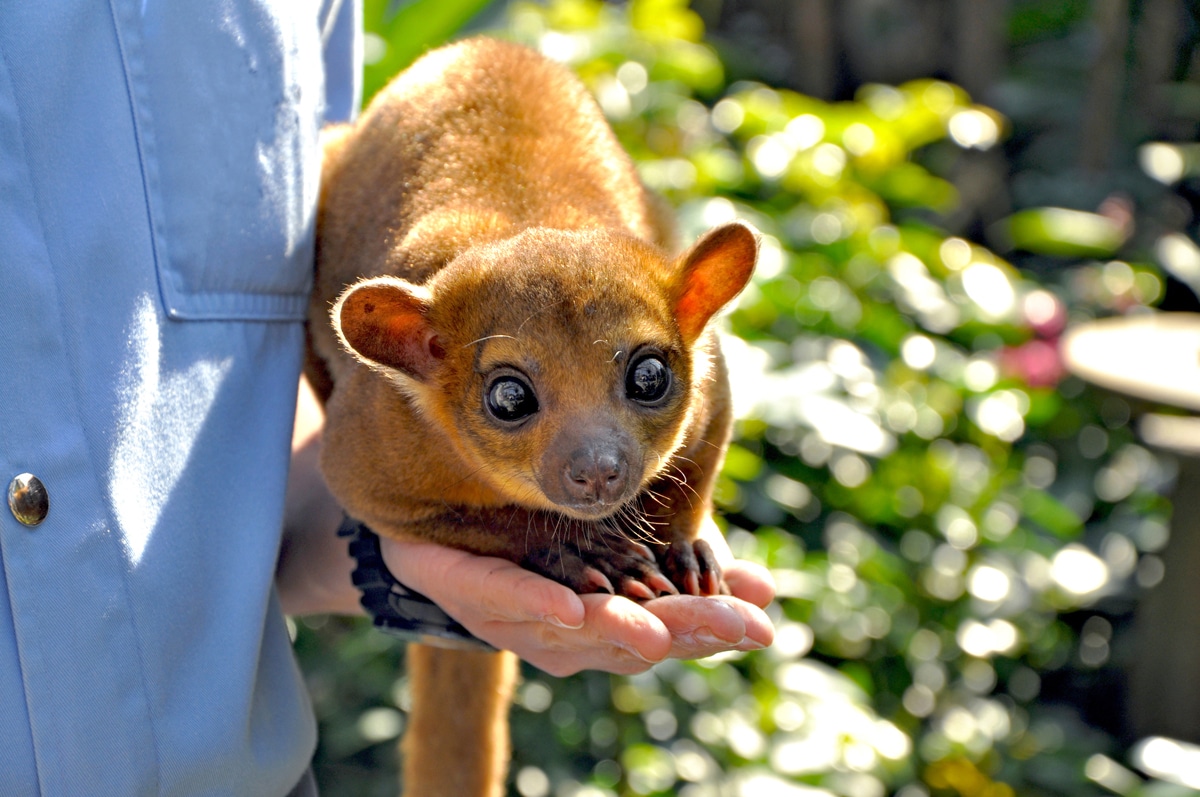 Shutterstock
Shutterstock
Kinkajous may look cute and playful, but they are wild animals that carry serious risks, including the potential to transmit diseases like rabies. Their sharp teeth can inflict painful bites, especially when they feel threatened or stressed, which is common in domestic environments. Though small and seemingly docile, kinkajous are nocturnal animals with specialized needs that are difficult to meet in captivity. Their unpredictable behavior and disease-carrying potential make them unsuitable as pets, despite their appealing appearance.
Capuchin Monkeys
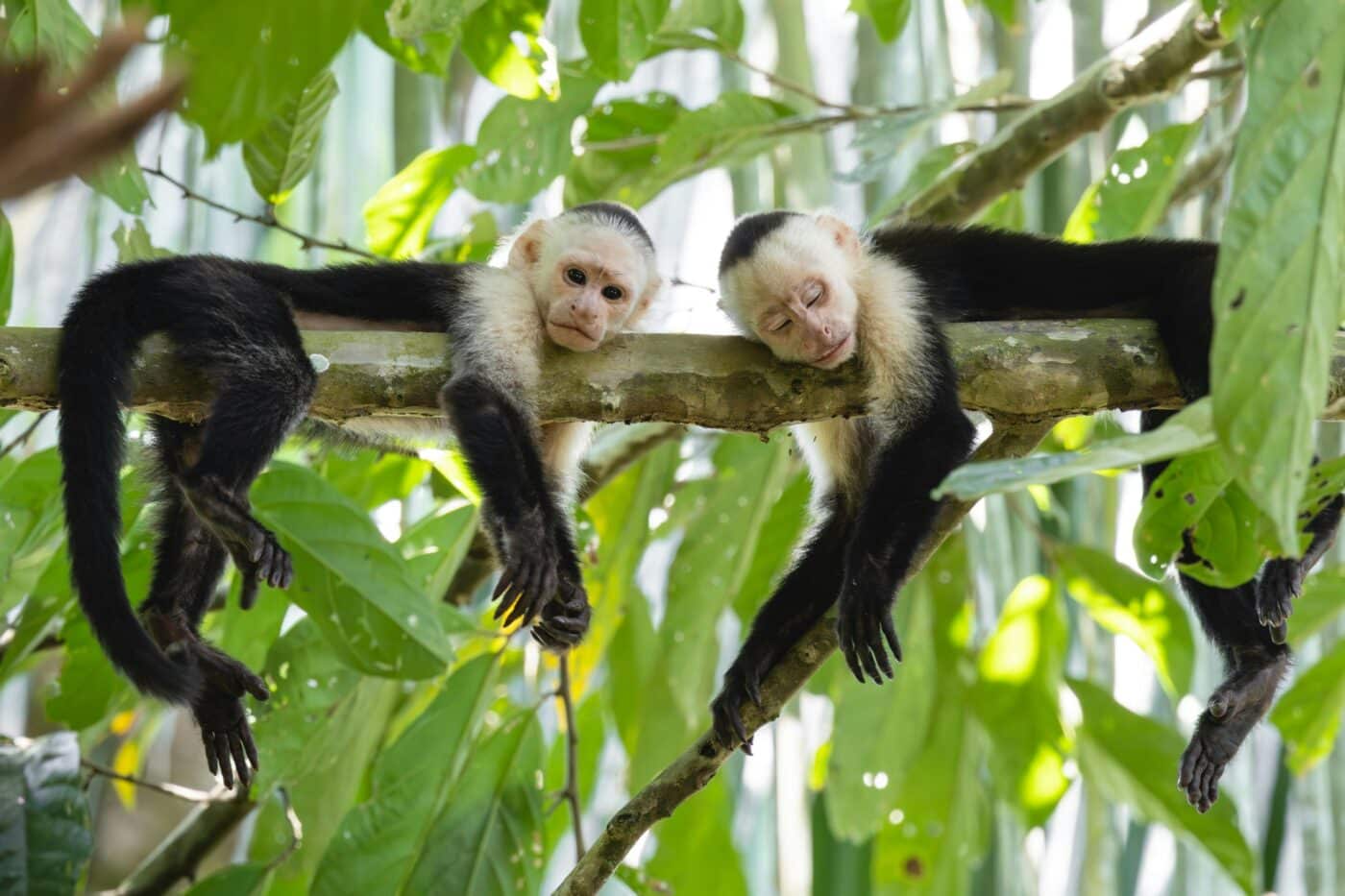 Shutterstock
Shutterstock
Capuchin monkeys are highly intelligent and mischievous creatures that require constant supervision, making them challenging to keep as pets. Their curiosity often leads to destructive behavior, and as they mature, they can become aggressive, especially if they don’t receive the mental stimulation and social interaction they need. Capuchins also have strong social bonds in the wild, and the lack of these complex interactions in a domestic setting can cause stress and behavioral issues. Additionally, their high energy and potential for biting make them a risky and difficult pet to manage.
Cheetahs
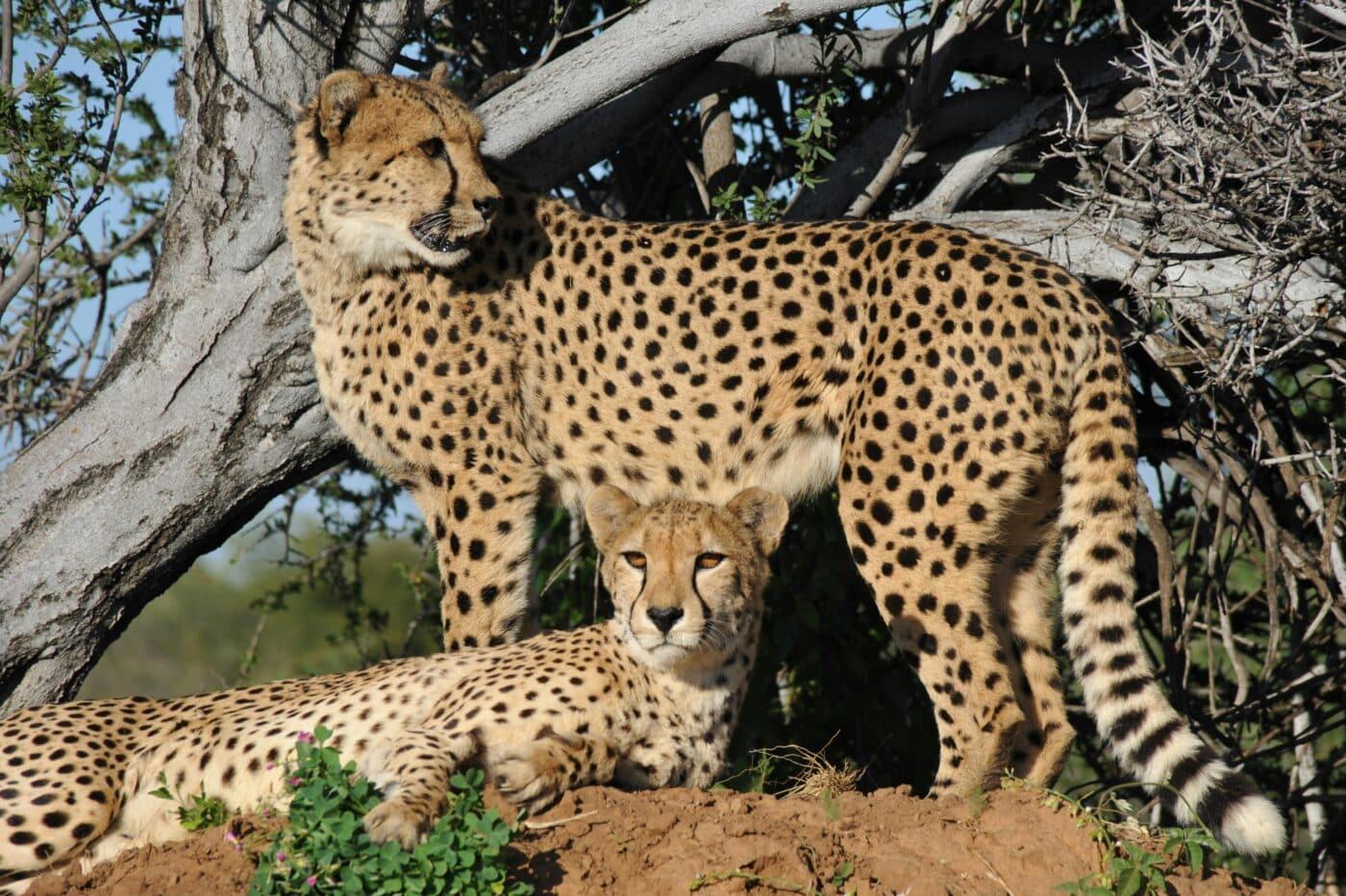 Shutterstock
Shutterstock
Cheetahs are high-energy predators that require vast, open spaces to run and hunt, making them unsuitable for captivity or life as a pet. Their incredible speed and agility are essential to their natural behavior, and confining them to small enclosures leads to stress and frustration. Cheetahs also have specific dietary needs and social structures, which are difficult to replicate in a domestic environment. Despite their sleek and elegant appearance, they remain wild animals with instincts that cannot be tamed, making them dangerous and challenging to care for properly.
Hyenas
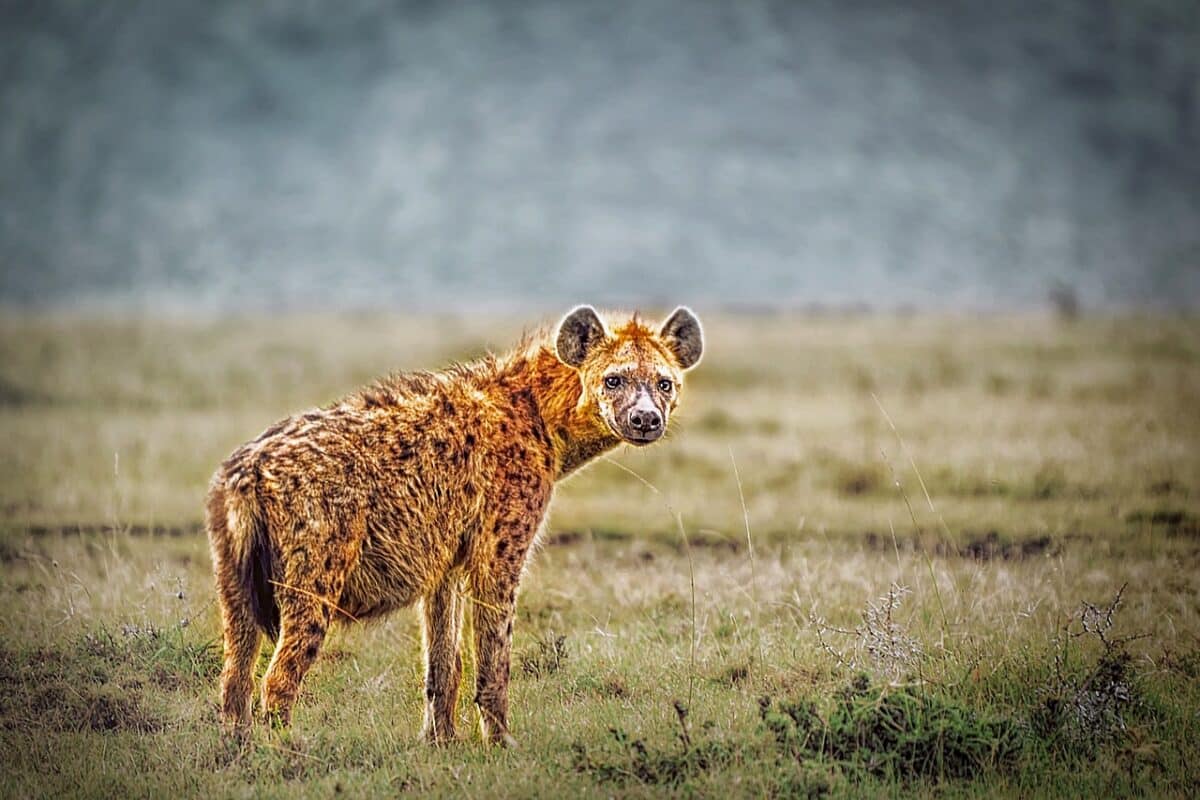 Shutterstock
Shutterstock
Hyenas are formidable predators known for their incredibly powerful jaws, capable of crushing bone, which makes them highly dangerous and unsuitable as pets. Their aggressive and territorial nature, combined with their complex social behaviors, makes them difficult to manage in captivity. Hyenas are wild animals with unpredictable behavior, and their instinct to scavenge and hunt cannot be suppressed in a domestic setting. Attempting to keep a hyena as a pet poses serious risks to both the owner and the animal, as their physical and psychological needs are impossible to meet outside their natural environment.
Bears
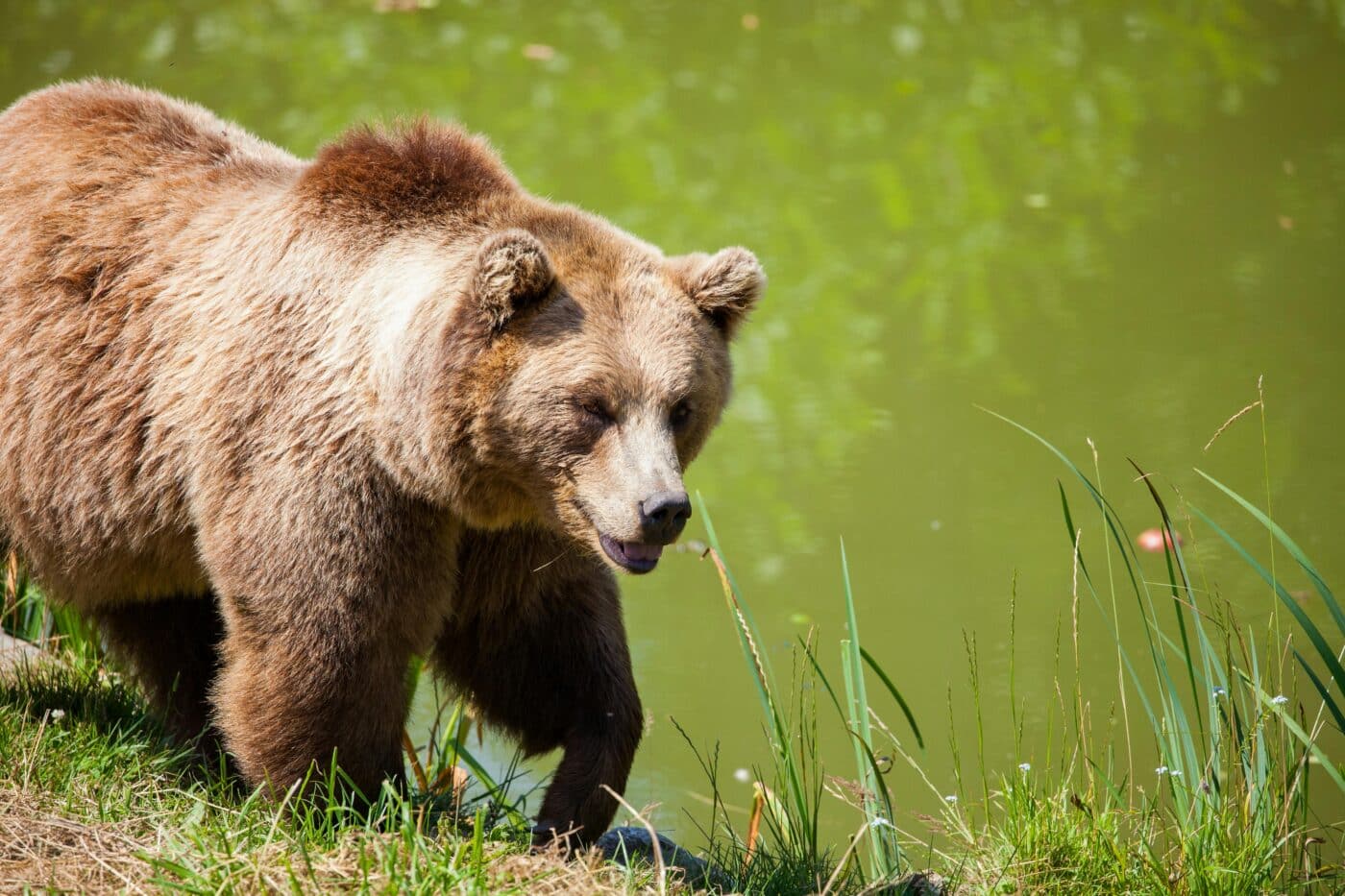 Shutterstock
Shutterstock
Bears are massive animals with sharp claws, immense strength, and unpredictable temperaments, making them extremely dangerous to keep as pets. Even seemingly tame bears can become aggressive without warning, especially when they feel threatened or stressed. Their large size and powerful bodies allow them to cause serious harm, and their complex dietary and environmental needs are difficult to meet in captivity. Keeping a bear in a domestic setting not only poses significant safety risks but also fails to provide the animal with the space and stimulation it requires for a healthy life.
Big Cats (Leopards, Jaguars)
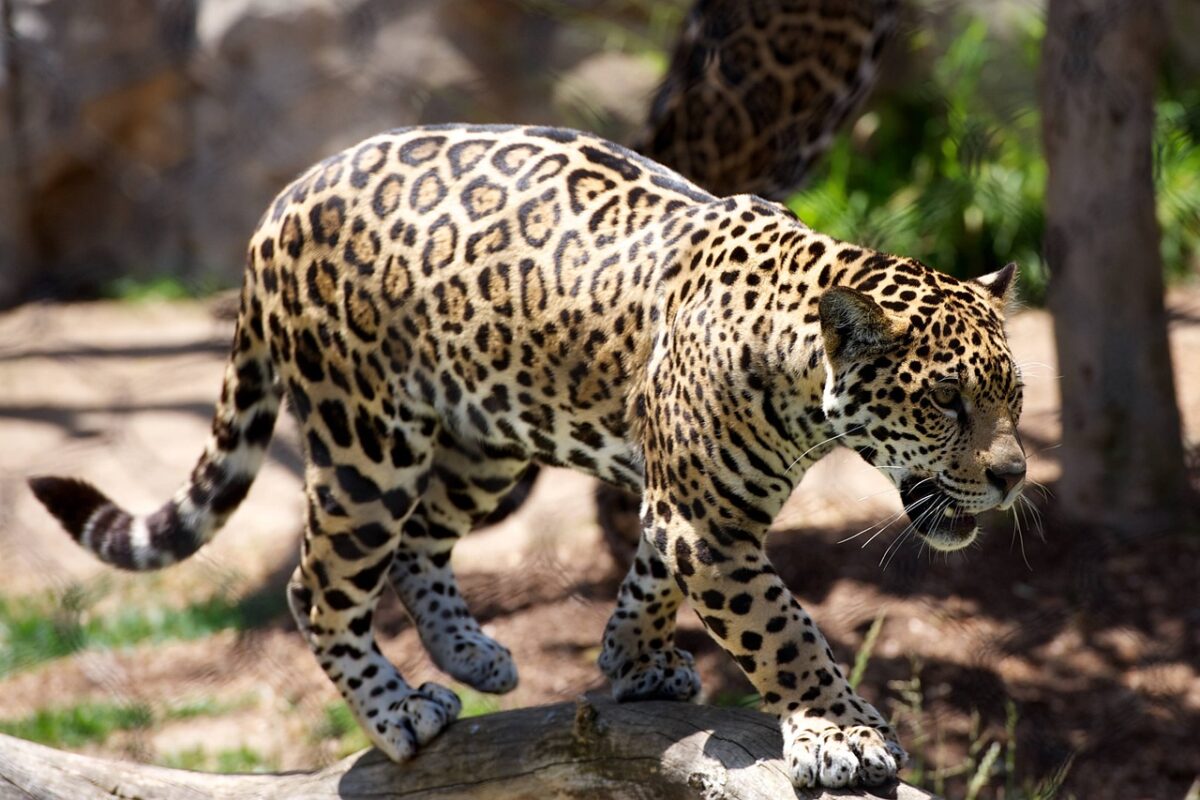 Shutterstock
Shutterstock
Big cats like leopards and jaguars are stealthy, powerful hunters with dangerous predatory instincts that make them highly unsuitable for life as pets. These animals are incredibly strong and agile, capable of ambushing prey with deadly precision, which poses a serious risk to anyone around them. Their natural need to hunt and roam vast territories cannot be met in captivity, leading to frustration and potentially aggressive behavior. Attempting to keep a big cat in a domestic environment is not only dangerous for the owner but also harmful to the animal, as its physical and psychological needs go unmet.
Baboons
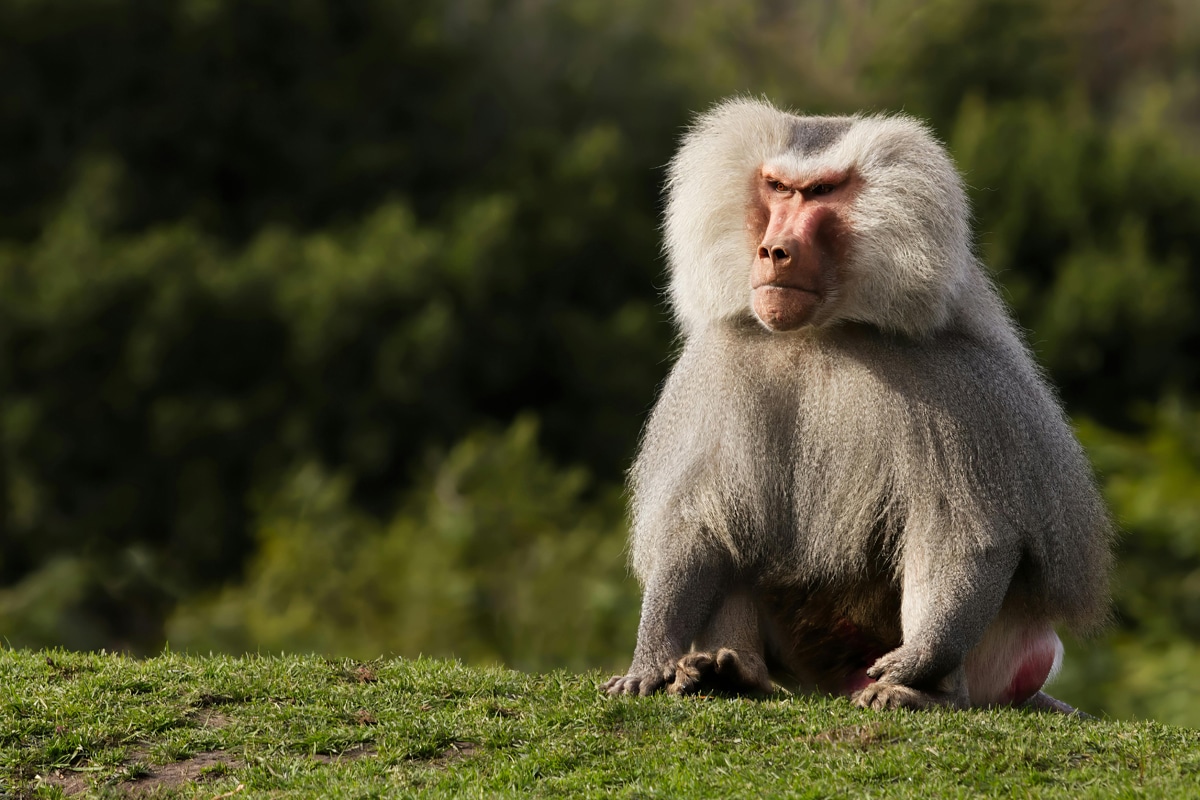 Shutterstock
Shutterstock
Baboons are strong, highly aggressive primates that are not suited for domestic life. Their powerful bodies and sharp teeth make them dangerous, especially when they feel threatened or stressed. Baboons are known for their complex social structures and wild instincts, which cannot be fully tamed or controlled in a home setting. Their unpredictable behavior, combined with their strength, makes them a serious risk to owners and others, while their need for social interaction and stimulation is impossible to meet in captivity.
Elephants
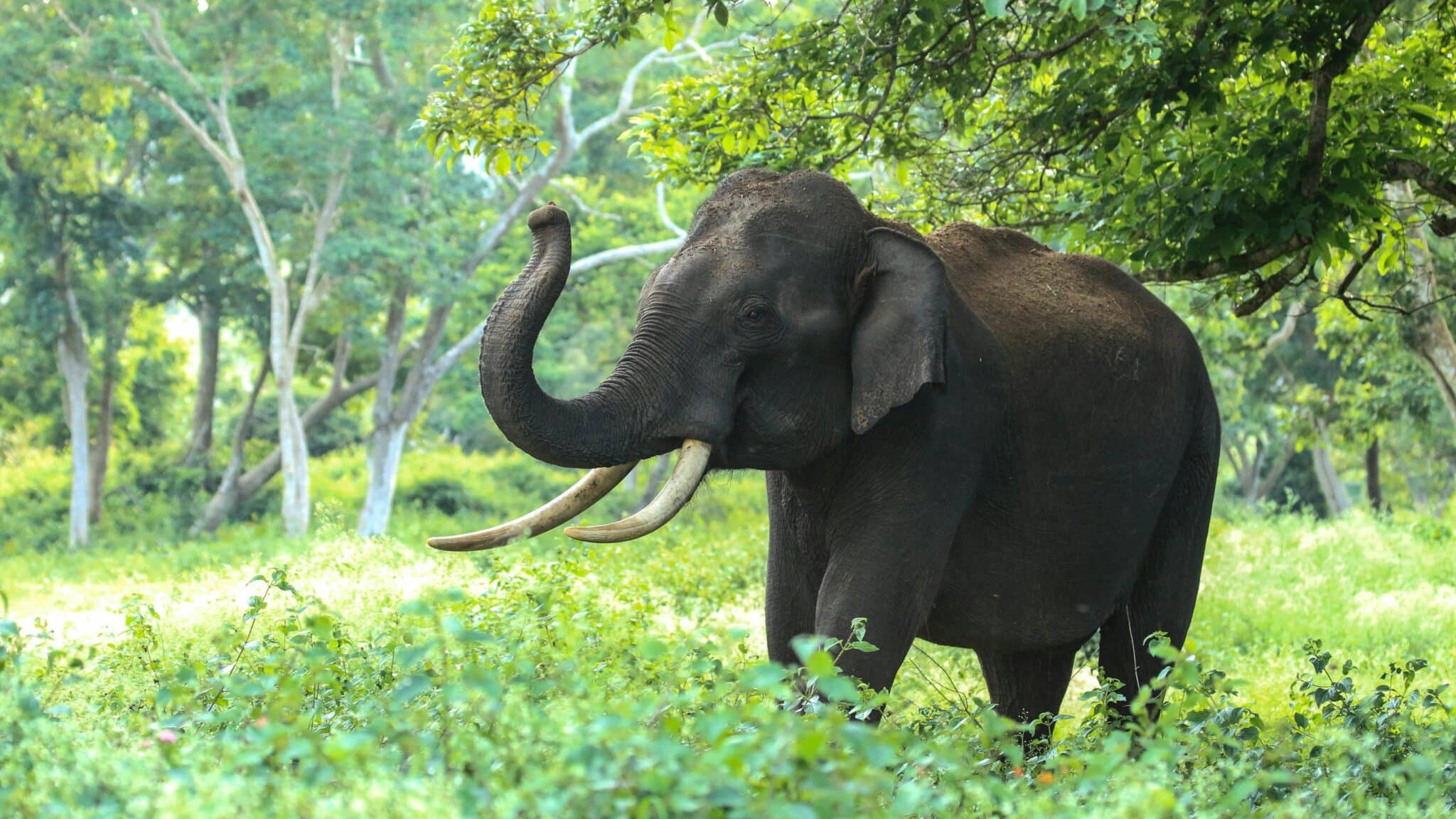 Shutterstock
Shutterstock
Elephants are enormous animals with highly complex physical, social, and emotional needs, making them completely unsuitable as pets. Their large size requires vast spaces to roam, and they have intricate social structures that are essential to their well-being. In captivity, it is impossible to replicate the environment and conditions they need, leading to physical and psychological stress. Additionally, their strength and unpredictability make them dangerous to handle, posing significant risks to both the owner and the elephant.
Fennec Foxes
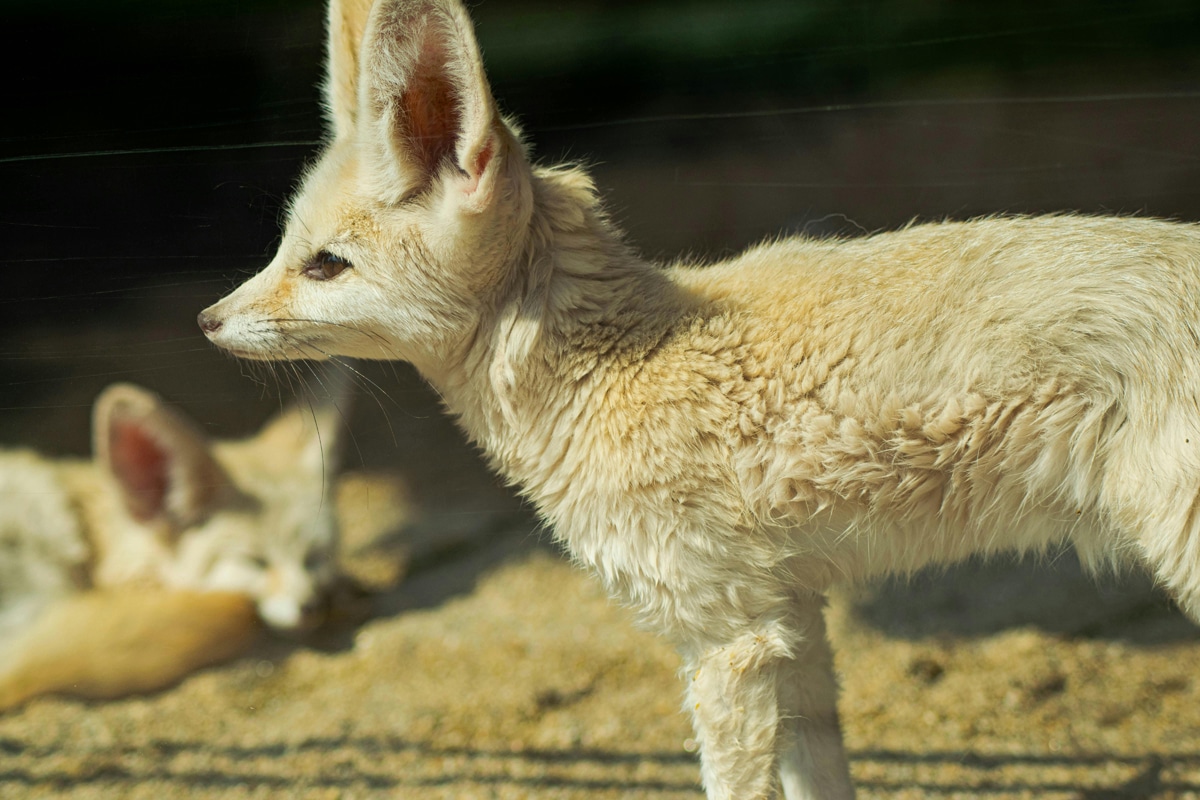 Shutterstock
Shutterstock
Fennec foxes, with their small size and adorable appearance, may seem like ideal pets, but their wild nature and specialized care needs make them difficult to keep. These nocturnal animals are highly energetic and require plenty of stimulation, as well as specific diets to maintain their health. Their natural behaviors, such as digging and marking territory, can become destructive in a home environment. Additionally, their wild instincts are hard to manage, and they don’t adapt well to captivity, leading to stress and potential behavioral issues.
Skunks
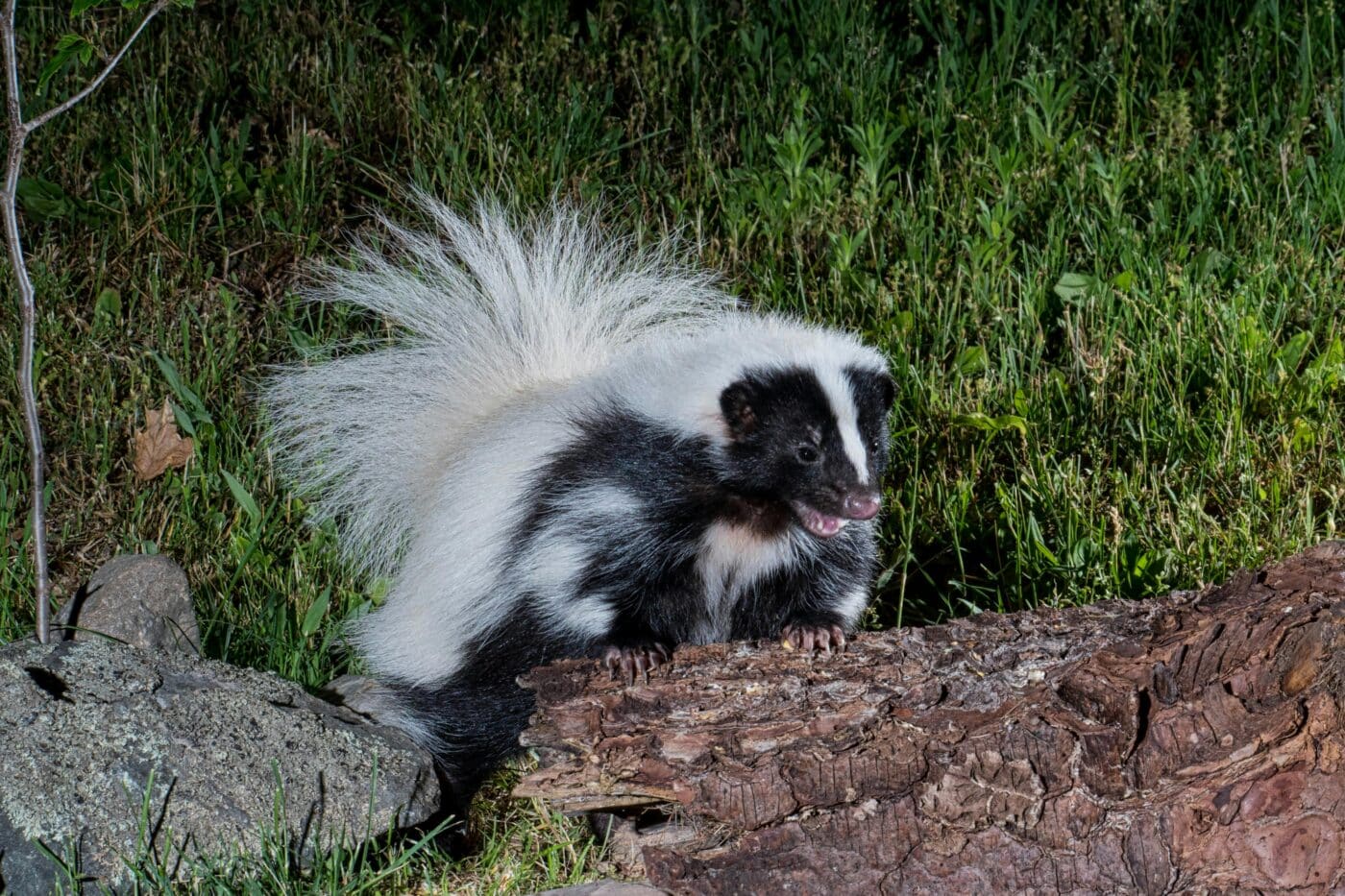 Shutterstock
Shutterstock
Skunks are notorious for their noxious spray, a powerful defense mechanism that can cause extreme discomfort and be difficult to remove, making them risky pets. While some skunks can be descented, their wild instincts remain intact, and they can be unpredictable, especially when startled or stressed. Domestication is challenging as skunks are naturally solitary and nocturnal animals, which means they don’t easily adapt to a typical home environment. Additionally, skunks require a specialized diet and care that most pet owners are not equipped to provide, leading to potential health and behavioral problems.
Sugar Gliders
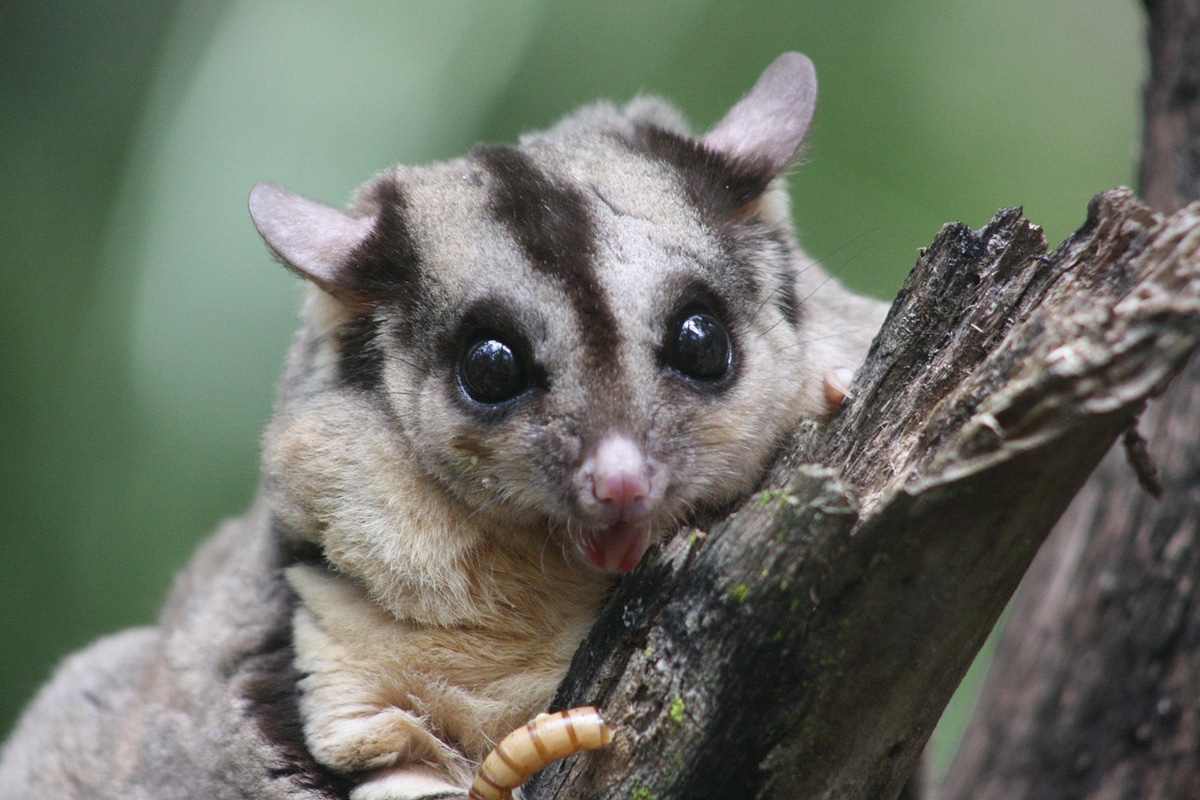 Shutterstock
Shutterstock
Sugar gliders are delicate, nocturnal creatures that require highly specific care and a specialized diet, making them difficult to keep as pets. Their natural diet consists of insects, nectar, and tree sap, and replicating this in captivity can be challenging for many pet owners. Sugar gliders are social animals that need constant interaction, and without it, they can become depressed or develop behavioral issues. Additionally, their fragile bodies and high energy levels mean they need large enclosures and careful handling, which makes them unsuitable for most households.
Sloths
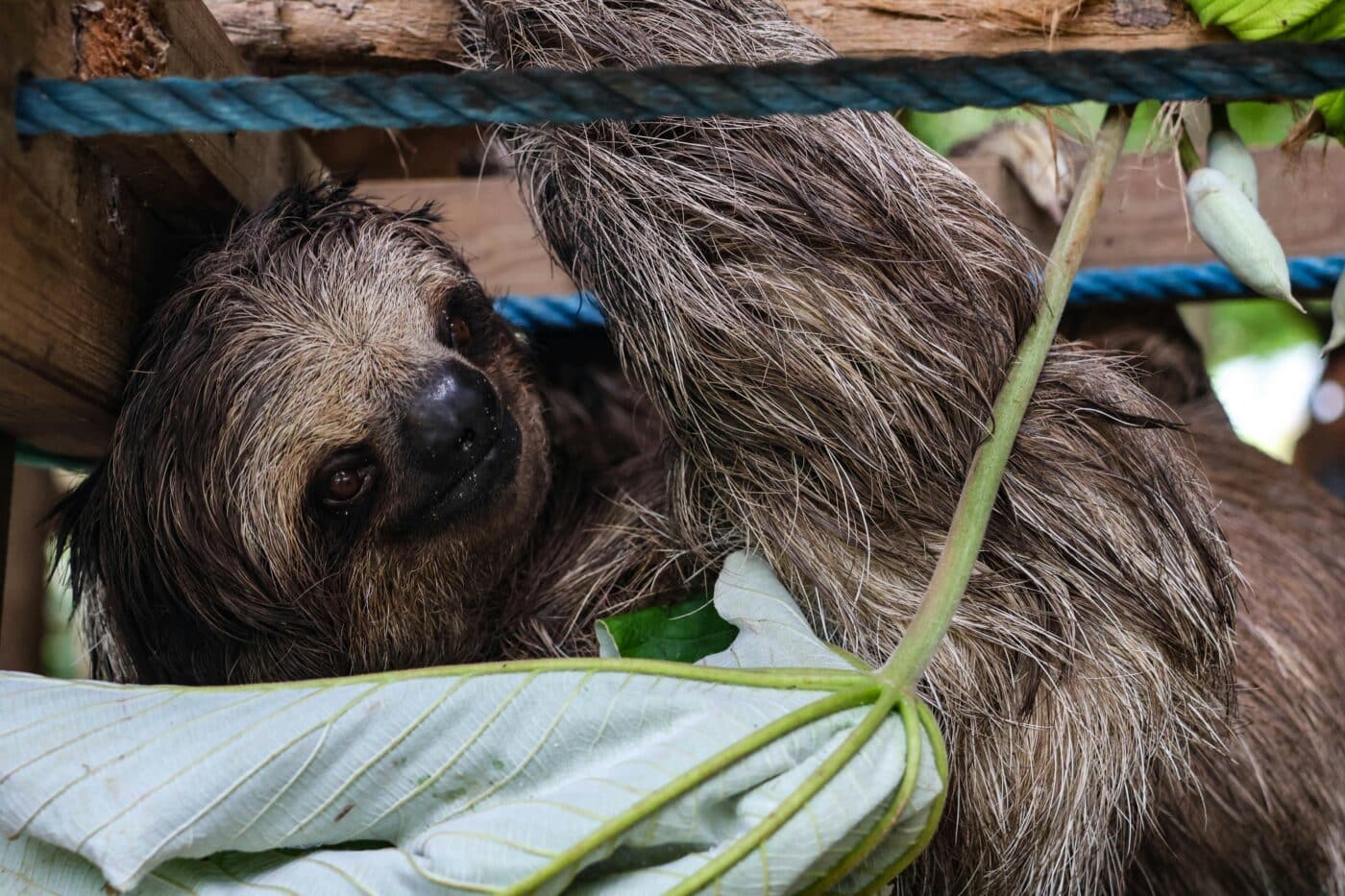 Shutterstock
Shutterstock
Sloths have highly specialized needs and a slow metabolism, making them unsuitable for captivity as pets. Their unique diet, which primarily consists of specific types of leaves, is difficult to replicate outside of their natural habitat, and they require a very controlled environment to thrive. Sloths move slowly and have delicate systems, meaning they are easily stressed by changes in temperature, diet, or handling. Keeping a sloth in a domestic setting often leads to poor health and a shorter lifespan, as their complex needs are nearly impossible to meet outside the wild.
Hedgehogs
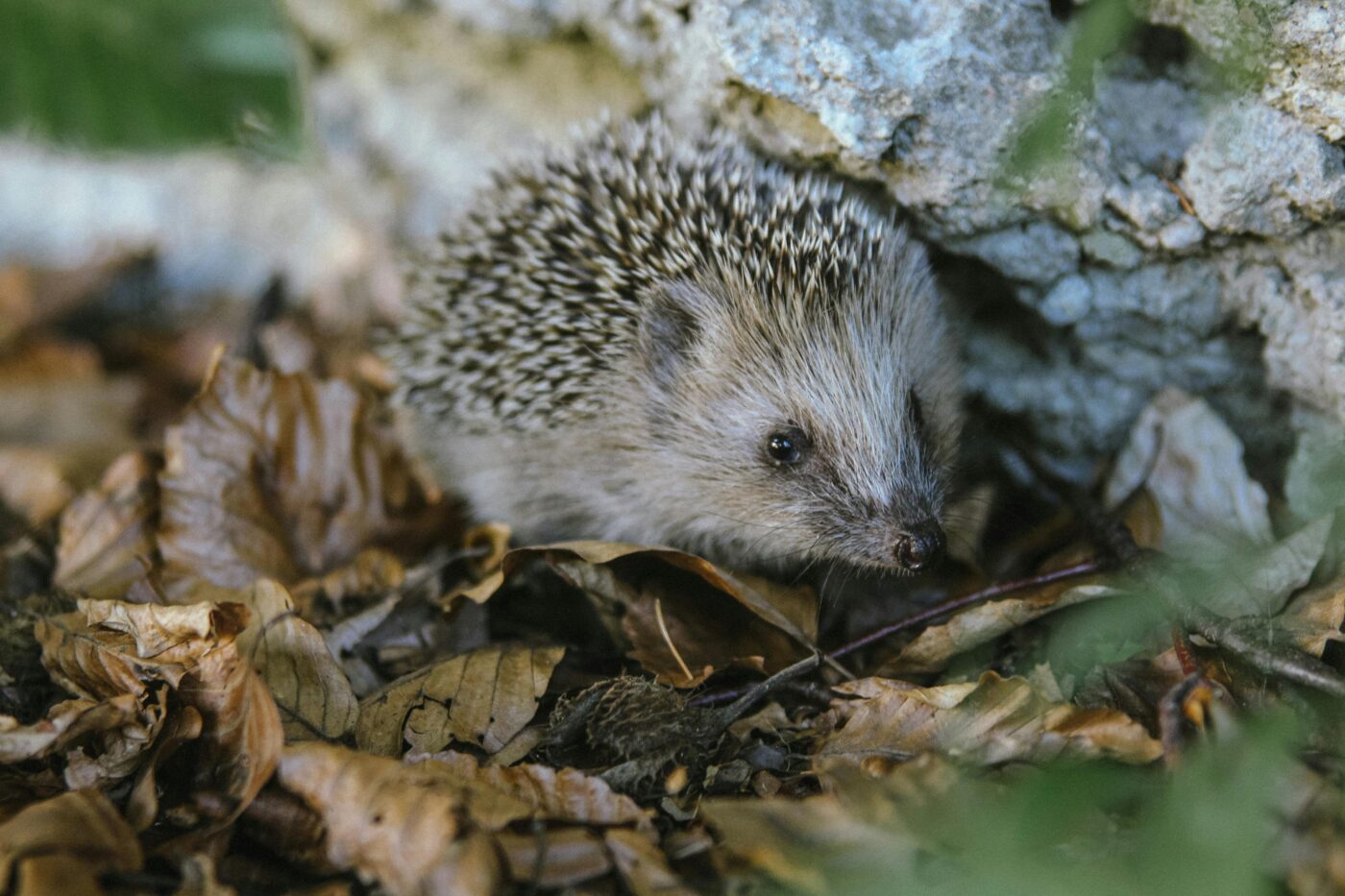 Shutterstock
Shutterstock
Hedgehogs, though small and cute, are prone to various health issues when kept in captivity, such as obesity, respiratory infections, and skin problems. Their specific dietary needs and environmental requirements, like temperature control, are challenging to manage for many pet owners. Additionally, hedgehogs can be difficult to handle due to their sharp quills and tendency to curl up when frightened, making interaction uncomfortable or stressful. While they may seem like low-maintenance pets, their care is more complex than it appears, and they often do not thrive in domestic environments.
Otters
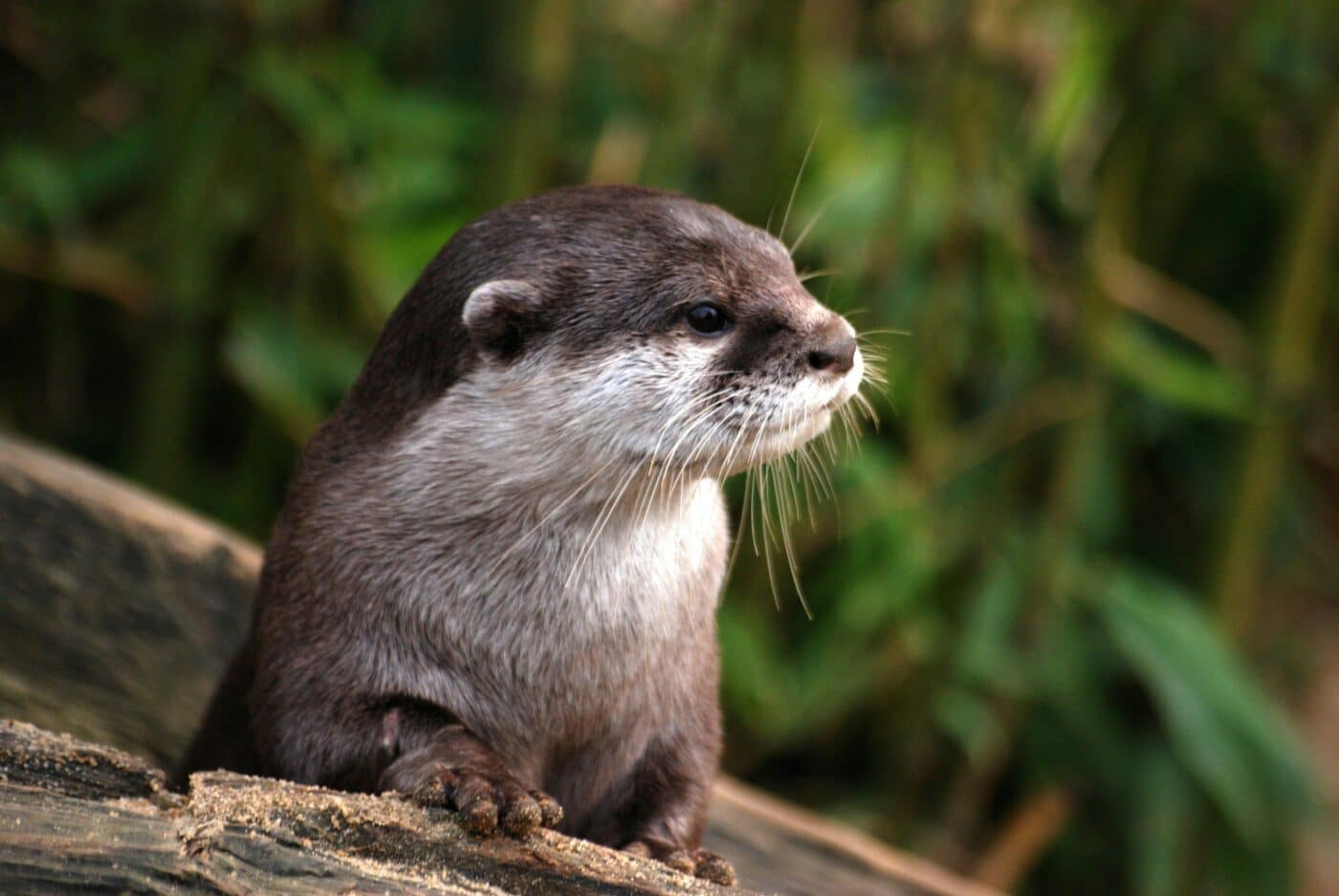 Shutterstock
Shutterstock
Otters are highly social animals that require constant interaction and large aquatic spaces to thrive, making them unsuitable for life as pets. In the wild, they live in close-knit groups and spend much of their time swimming, hunting, and playing, needs that are impossible to meet in a typical home environment. Without adequate socialization and the ability to express their natural behaviors, otters can become stressed, depressed, or aggressive. Their complex dietary and environmental needs, including access to large bodies of water, make them difficult and impractical to keep as pets.
Macaws
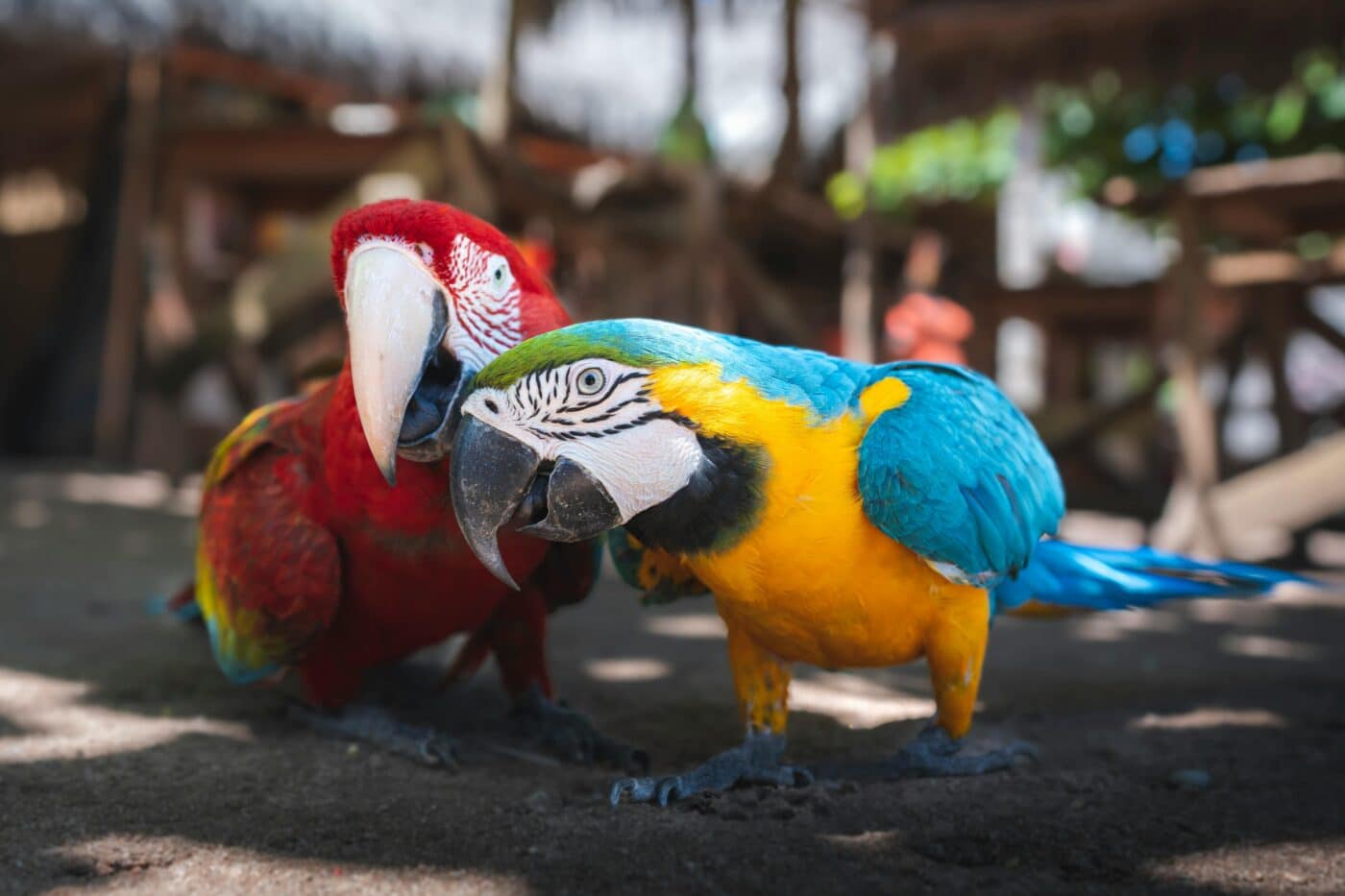 Shuterstock
Shuterstock
Macaws are highly intelligent, long-living birds that require enormous amounts of attention and mental stimulation to remain healthy and happy. Their intelligence means they quickly become bored, which can lead to destructive behaviors like feather plucking or excessive vocalization if they don’t receive enough interaction. Macaws also form strong emotional bonds with their owners, needing constant companionship and engagement, making them a demanding pet. Additionally, they can live for over 50 years, making the commitment to care for them a significant, lifelong responsibility.
Squirrels
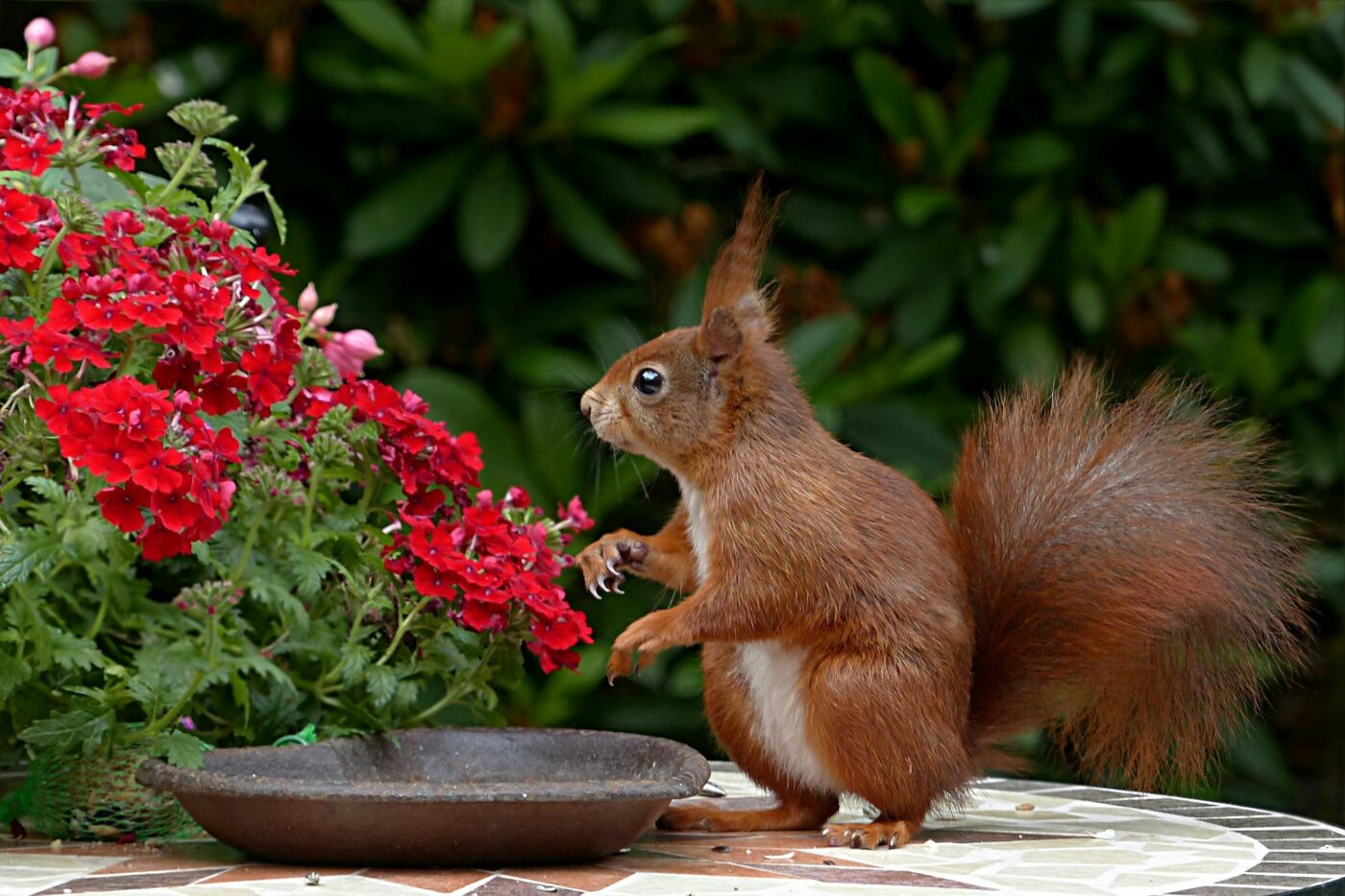 Shutterstock
Shutterstock
Squirrels, despite their small size and playful demeanor, have wild instincts and sharp teeth that make them difficult to control as pets. They are naturally high-energy animals that require large outdoor spaces to climb, forage, and explore, which is hard to replicate in a domestic environment. Squirrels also have strong chewing instincts, which can lead to destructive behavior inside the home. Additionally, their wild nature makes them unpredictable, and they can bite when stressed or frightened, posing risks to owners.
Raccoons
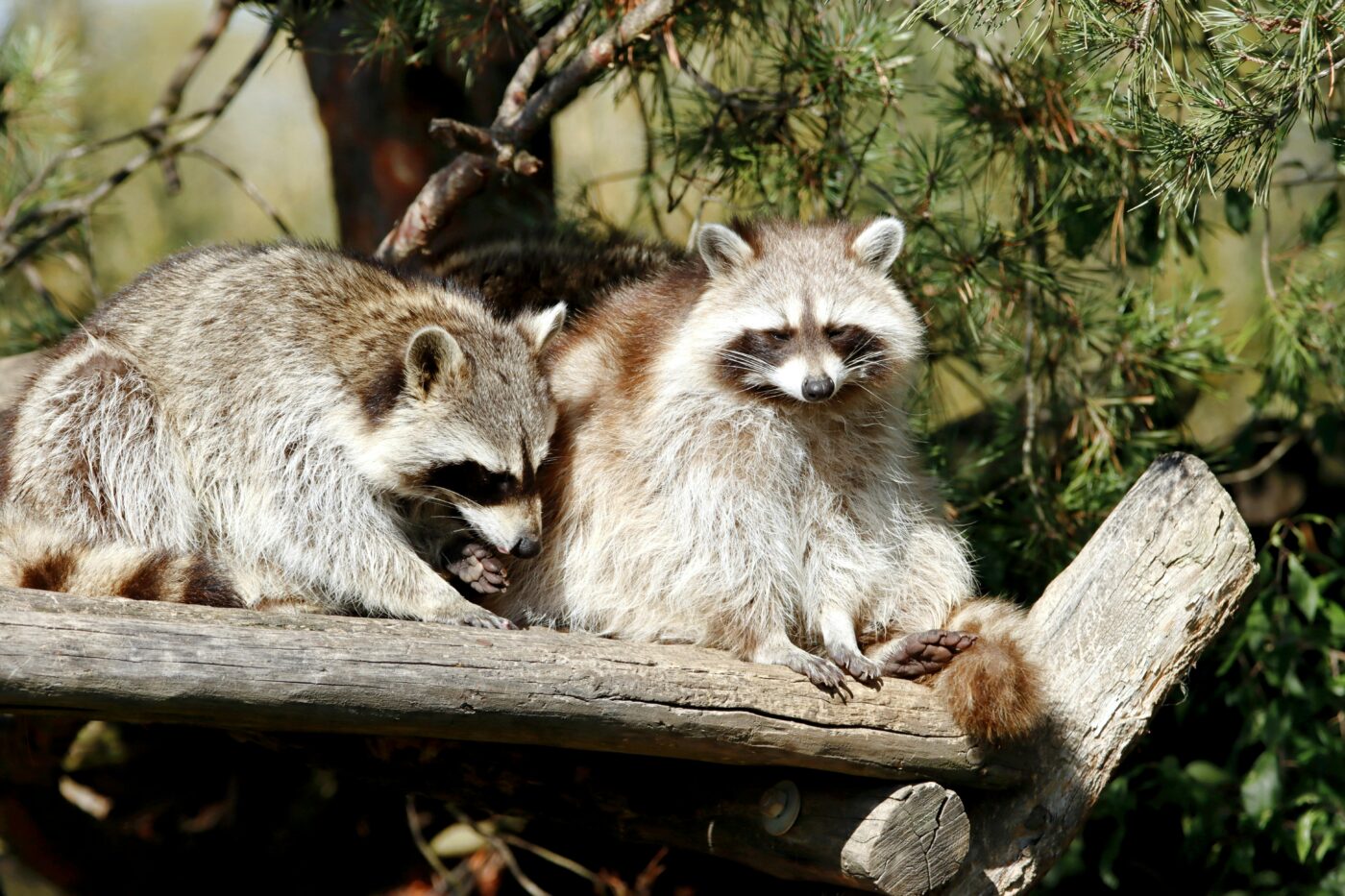 Shutterstock
Shutterstock
Raccoons are mischievous animals with a natural tendency to explore and manipulate objects, which often leads to destructive behavior in a home environment. Their intelligence and curiosity cause them to open cupboards, rummage through belongings, and create chaos if not properly supervised. Additionally, raccoons can carry diseases like rabies and parasites that pose serious health risks to both humans and other pets. Despite their cute appearance, their wild instincts and potential for causing damage make them unsuitable as household pets.
Servals
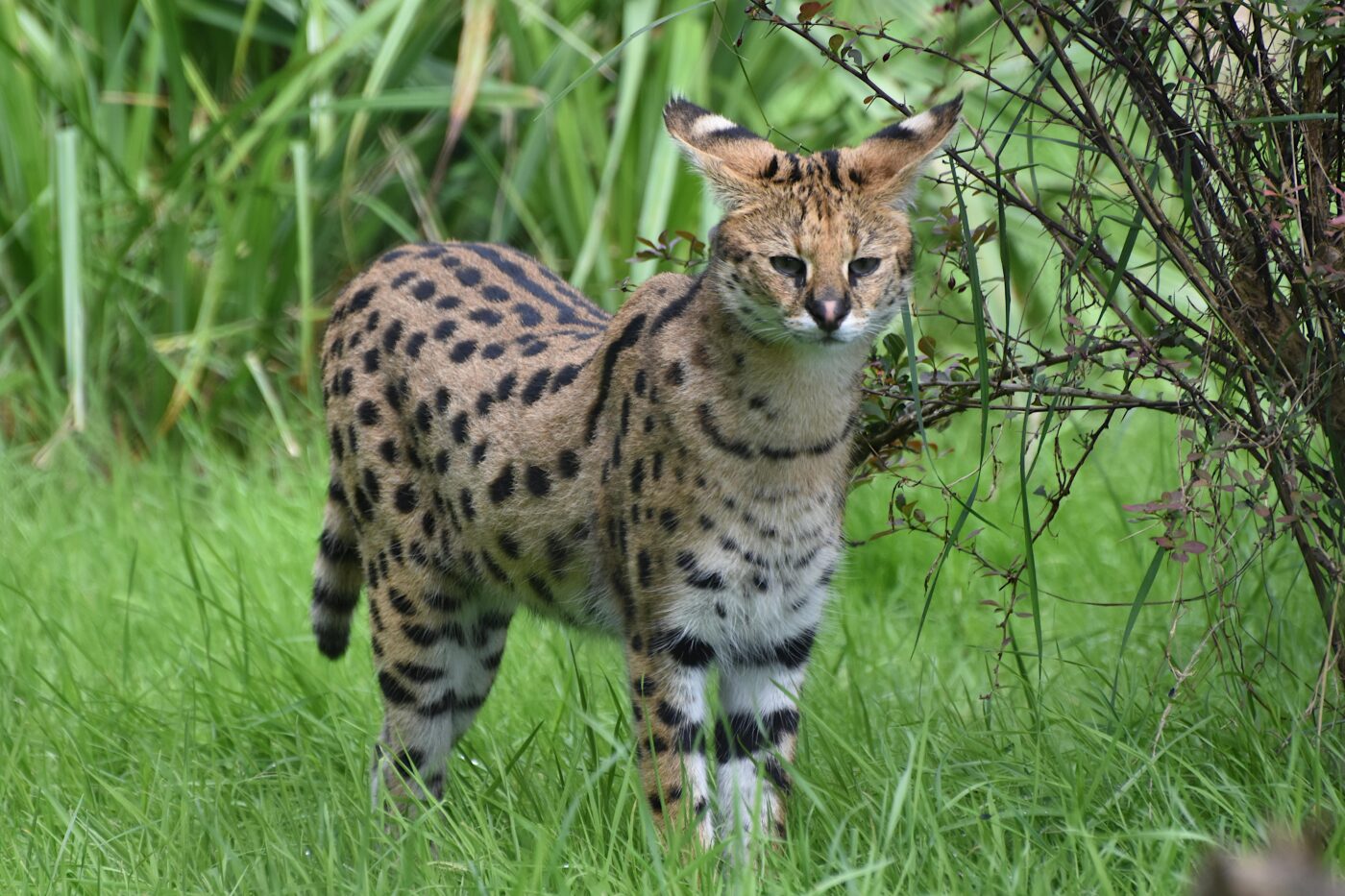 Shutterstock
Shutterstock
Servals are wild cats with powerful hunting instincts that make them unsuitable for domestication. These agile and solitary predators are known for their ability to leap great heights and catch prey with precision, behaviors that are difficult to control in a home setting. Despite their sleek and exotic appearance, servals remain wild animals with needs for space, stimulation, and hunting that cannot be met in captivity. Their strong instincts, combined with their unpredictable behavior, pose risks to both owners and the servals themselves, making them ill-suited for life as pets.
Foxes (Red, Arctic)
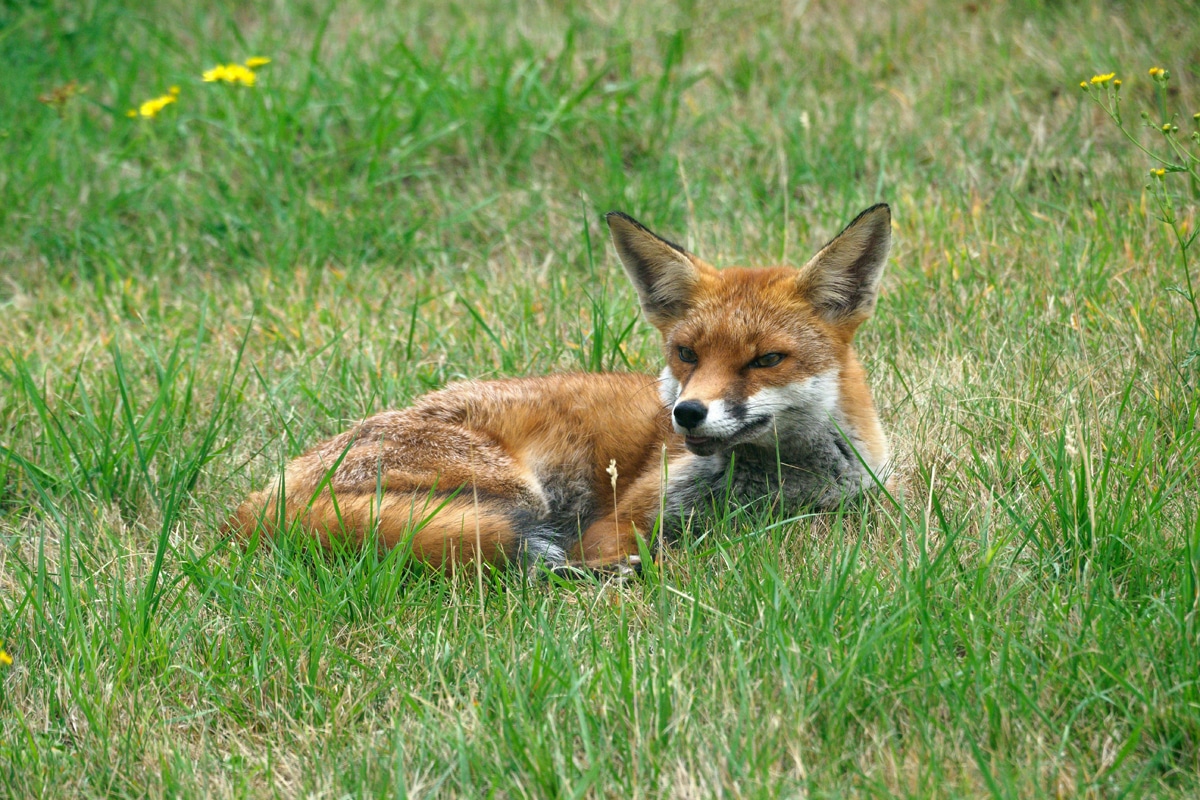 Shutterstock
Shutterstock
Foxes, whether Red or Arctic, are high-energy animals with strong wild instincts that make them difficult to keep as pets. Their natural curiosity and desire to dig, chew, and mark territory can lead to destructive behavior in a home environment. Foxes are also nearly impossible to train, as they retain their wild nature and tend to act independently rather than responding to commands. Additionally, they have specialized dietary and environmental needs that are hard to meet in captivity, making them unsuitable for most households.
Wallabies
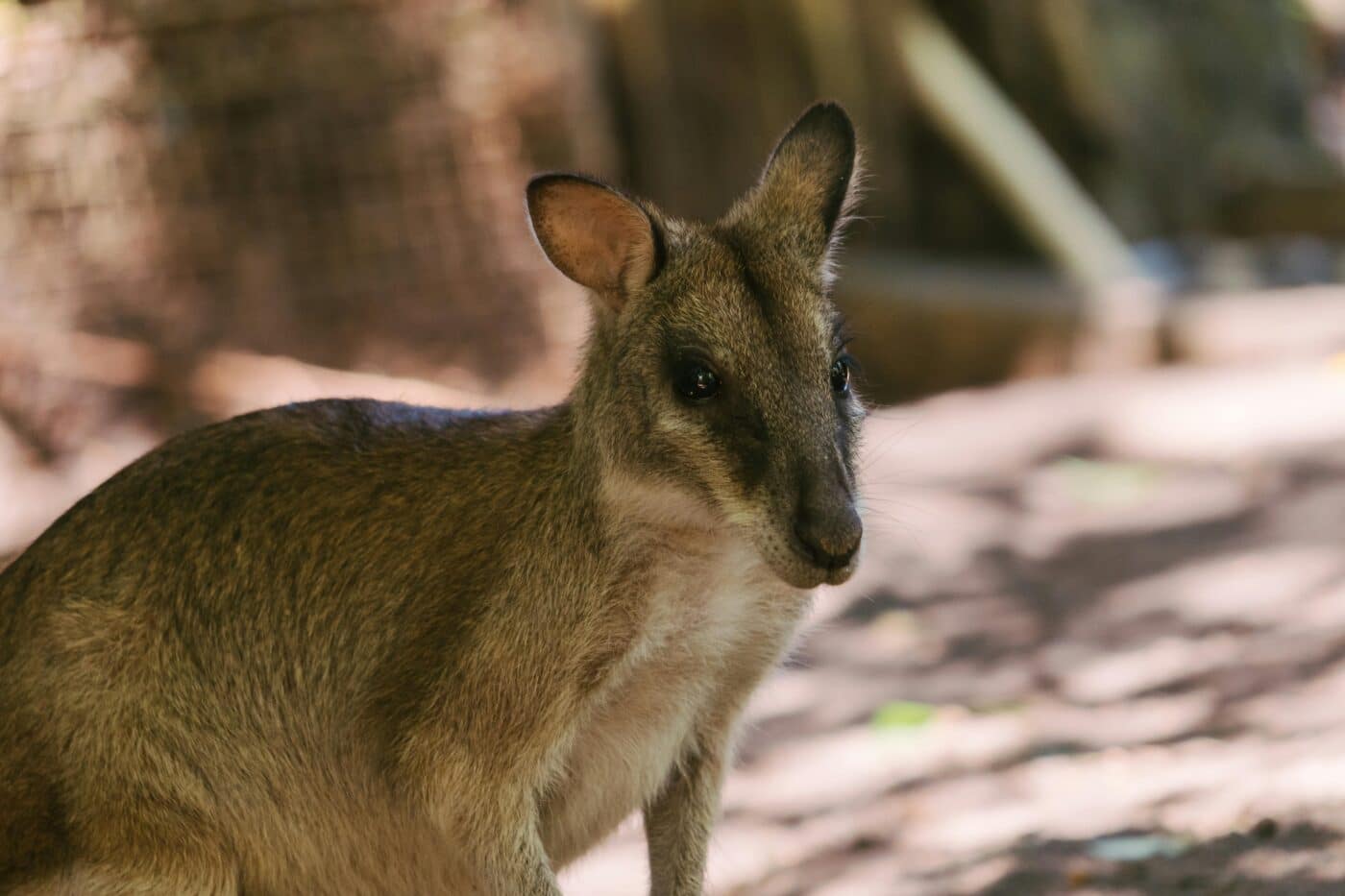 Shutterstock
Shutterstock
Wallabies are small, kangaroo-like marsupials that require large, open spaces to roam and graze, making them unsuitable for life as pets. In captivity, the lack of space and proper environment can lead to high levels of stress, which can negatively impact their health and behavior. Wallabies are also highly social animals, needing companionship and specific care that most pet owners cannot provide. Their complex needs for movement, interaction, and a natural habitat make them difficult to keep in domestic settings.
Wild at Heart: Why Exotic Pets Don’t Belong in Our Homes
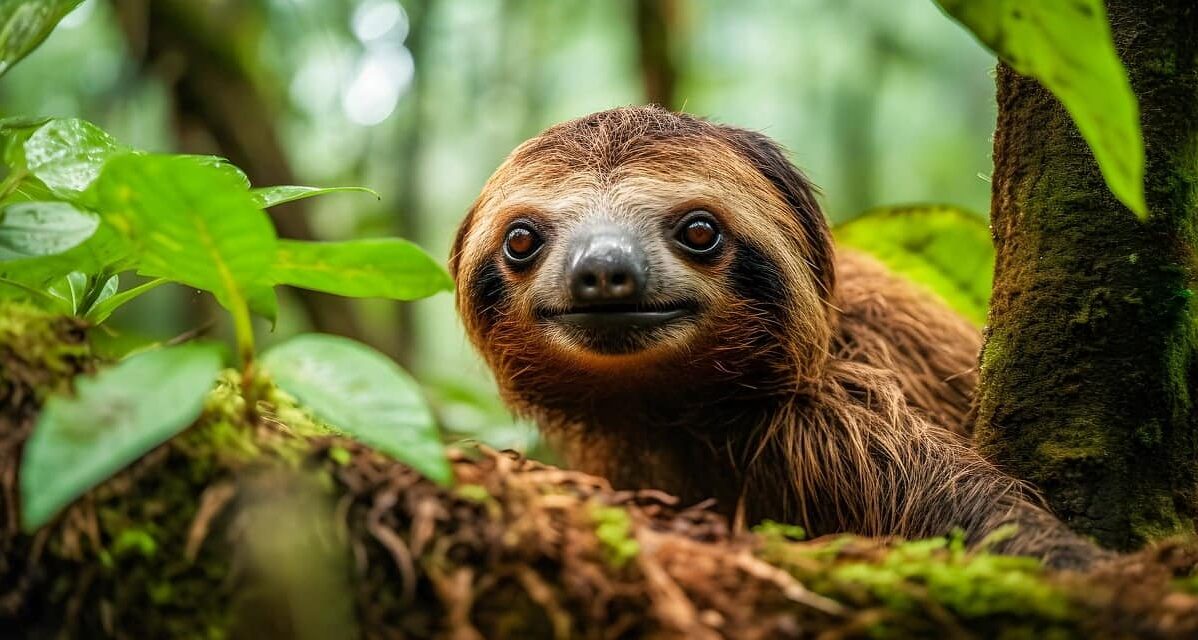 Shutterstock
Shutterstock
In conclusion, while the allure of exotic pets may be tempting, their wild nature and complex needs make them unsuitable for domestic life. From dangerous predators to delicate creatures requiring specialized care, these animals are not equipped to thrive in typical home environments. Keeping them often leads to significant safety risks for owners and poor welfare for the animals themselves. It’s important to remember that these fascinating creatures are best appreciated from a distance, in their natural habitats where they can live as nature intended.

